Why Choosing the Right Pickleball Paddle Matters
Pickleball, a sport blending tennis, badminton, and ping-pong, has become one of the fastest-growing sports in North America and Europe.
The right paddle can significantly impact control, power, and injury prevention—making it more than just a casual choice.
1. Anatomy of a Pickleball Paddle
Before comparing top-tier paddles, understand their core components:
-
Core Materials: Polymer, aluminum, or Nomex honeycomb.
-
Surface Materials: Graphite, carbon fiber, or fiberglass.
-
Weight: 7–9 oz (193–237 g), affecting maneuverability and power.
-
Grip Size: Impacts comfort, wrist health, and spin potential.
Pro Tip: The best paddles strike the right balance between power and control.
2. Material Innovations & Their Impact
2.1 Core Technologies
-
Polymer Honeycomb: Quiet, shock-absorbing—ideal for comfort.
-
Nomex Honeycomb: Rigid, loud, and power-focused—favored by competitive players.
-
Aluminum Honeycomb: Great control, less power—perfect for touch players.
2.2 Surface Materials
-
Graphite Face: Lightweight and highly responsive—best for precision.
-
Carbon Fiber Face: Superior spin and stiffness—dominates the pro scene.
-
Fiberglass Face: Flexible for added power—great for intermediate players.
3. Key Performance Metrics
-
Power vs Control: Aggressive hitters vs precision players.
-
Sweet Spot Size: Larger sweet spots = more forgiveness.
-
Spin Potential: Textured surfaces + carbon = maximum spin.
-
Weight Distribution: Head-heavy for power, balanced for maneuverability.
4. Top Pickleball Paddle Recommendations
For Beginners
-
ONIX Z5 Graphite Paddle: Large sweet spot, budget-friendly.
-
HEAD Radical Elite: Lightweight and easy to control.
For Intermediate Players
-
Selkirk Amped S2: Balanced power and control.
-
PIKPAKA piackleball Paddle: Stylish with graphite surface.
-
Paddletek Tempest Wave II: Enhanced touch and precision.
For Advanced & Pro Players
-
JOOLA Ben Johns Hyperion CFS 16: Carbon surface for ultimate spin.
-
Selkirk Vanguard Power Air: Designed for power and aerodynamics.
5. Market Trends & Insights
-
Explosive Growth: Market expected to expand significantly by 2030.
-
Senior Player Adoption: Low-impact appeal for older athletes.
-
Influencer Effect: Pros and social media shaping consumer choices.
-
Sustainable Materials: Eco-friendly paddles gaining traction.
-
Customization Demand: Grip size, color schemes, performance tuning.
6. Buying Guide: What to Consider
-
Skill Level: Beginners = lightweight, big sweet spot; Pros = spin + power.
-
Playing Style: Control vs power preference.
-
Noise Restrictions: Polymer cores for quiet play.
-
USAPA Certification: Required for tournaments, but not a performance guarantee.
-
Budget: Entry-level starts at $50; premium paddles range $150–$250.
The following fiberglass pickleball paddles are recommended: https://pikpaka.com/collections/fiberglass-pickleball-paddle

-
Highly recommended carbon fiber pickleball rackets: https://pikpaka.com/collections/t700-pickleball-paddle

Bottom Line: Don’t just buy the most expensive paddle—focus on material, weight, surface, and your play style for the perfect match.
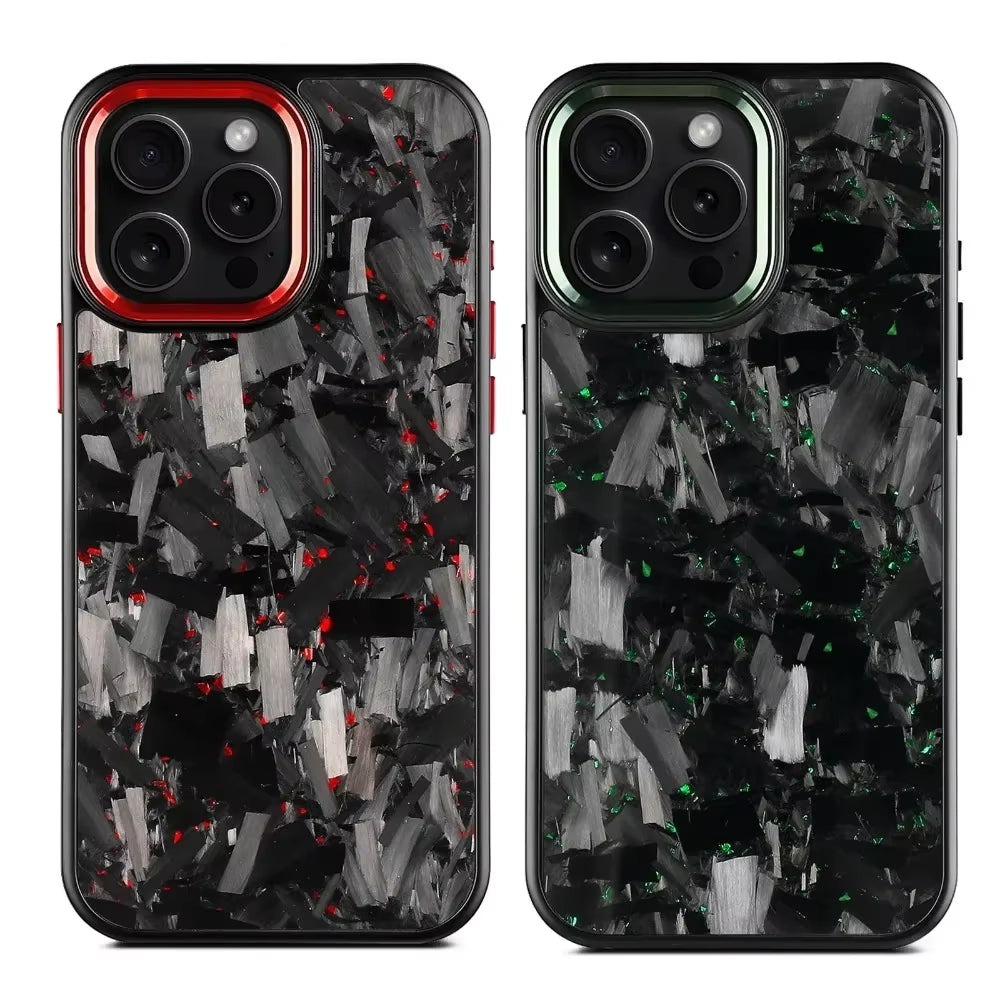
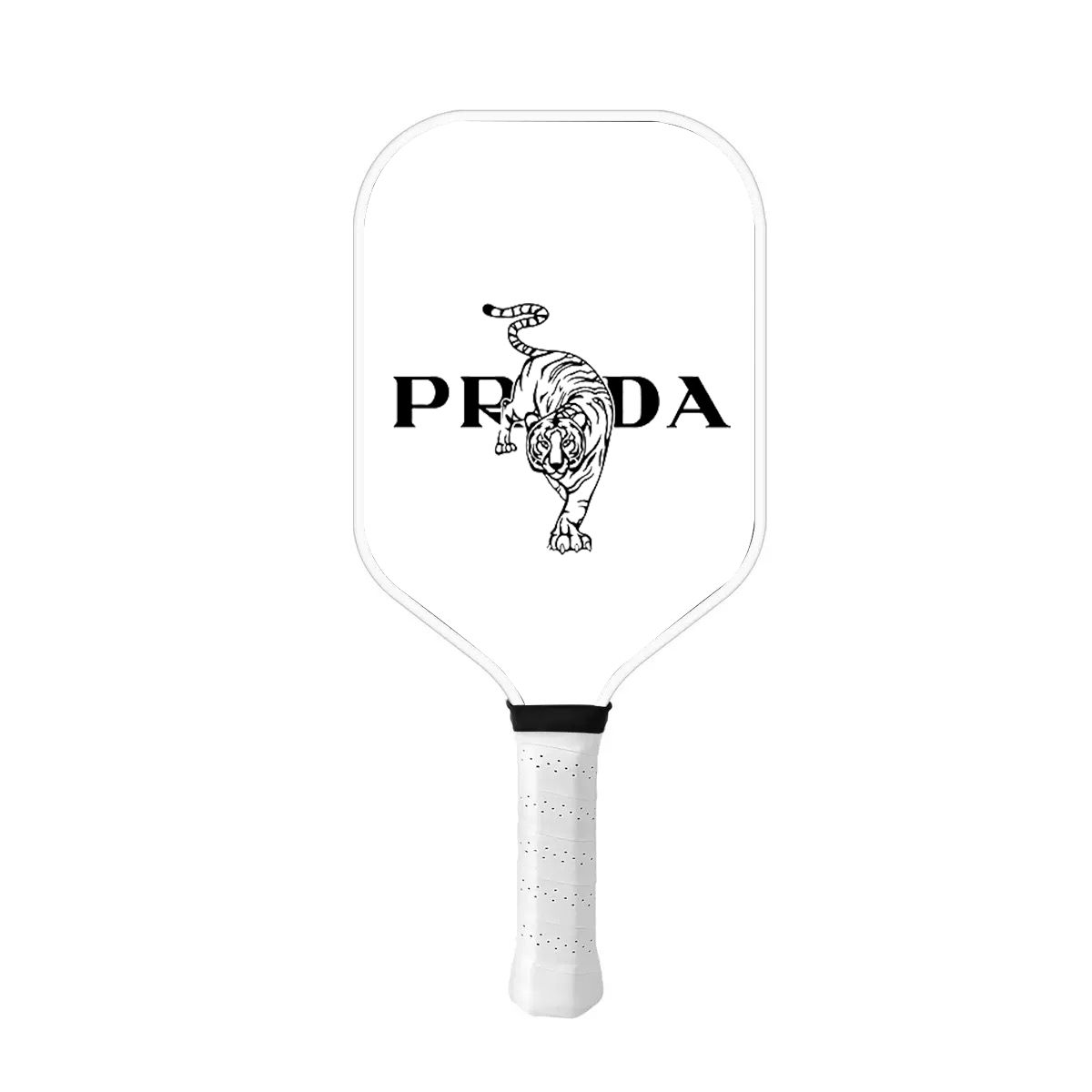
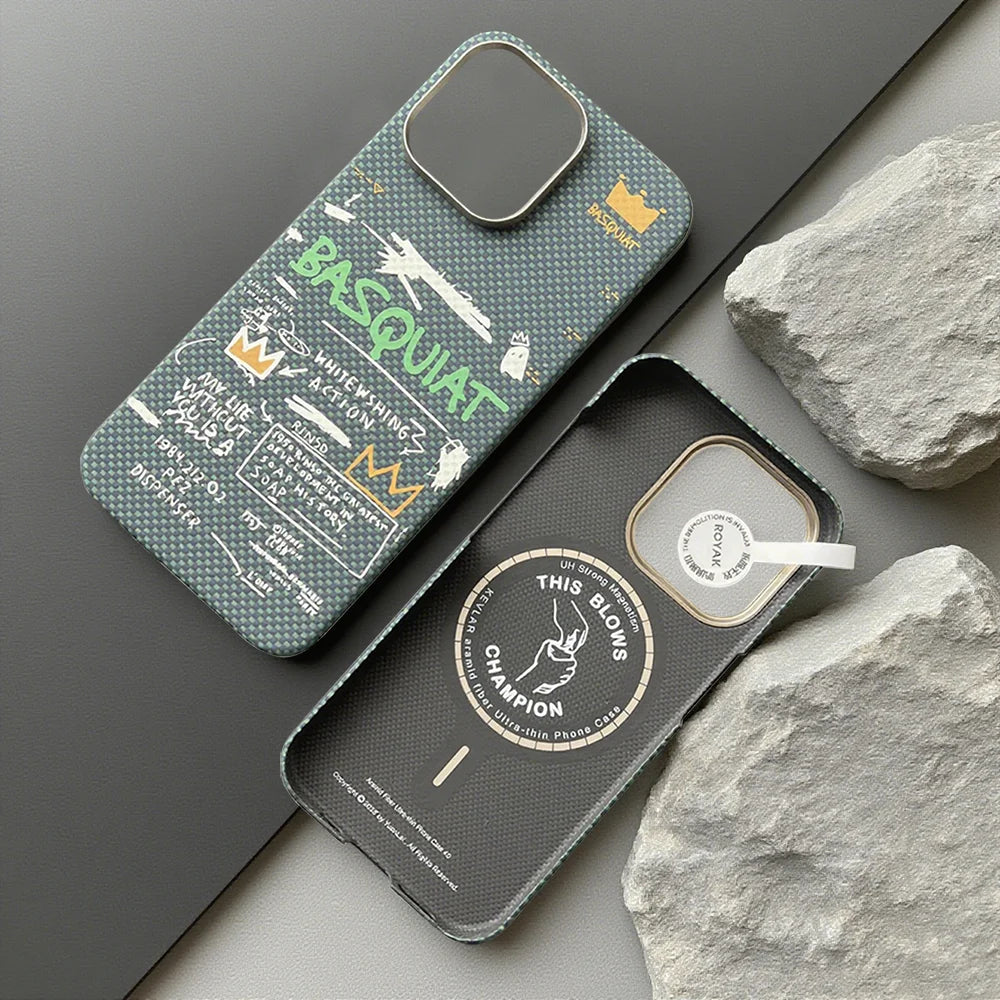

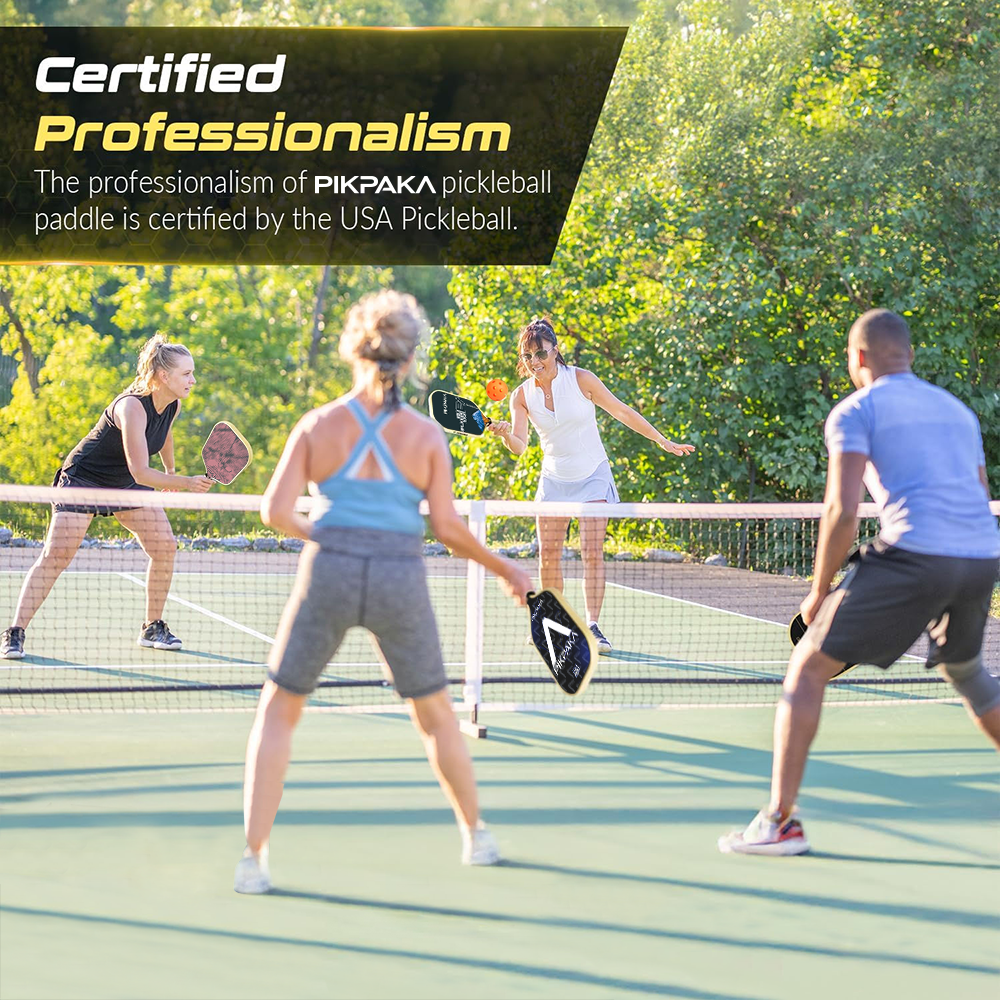
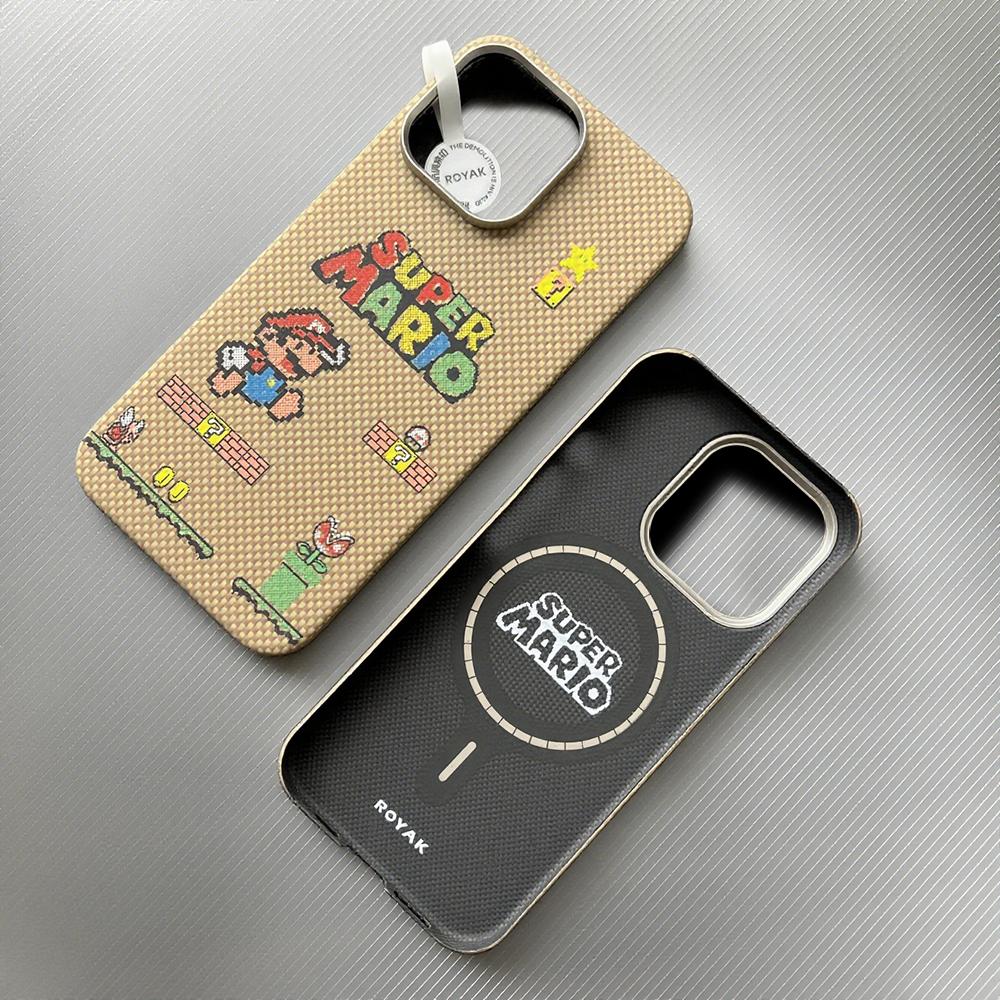
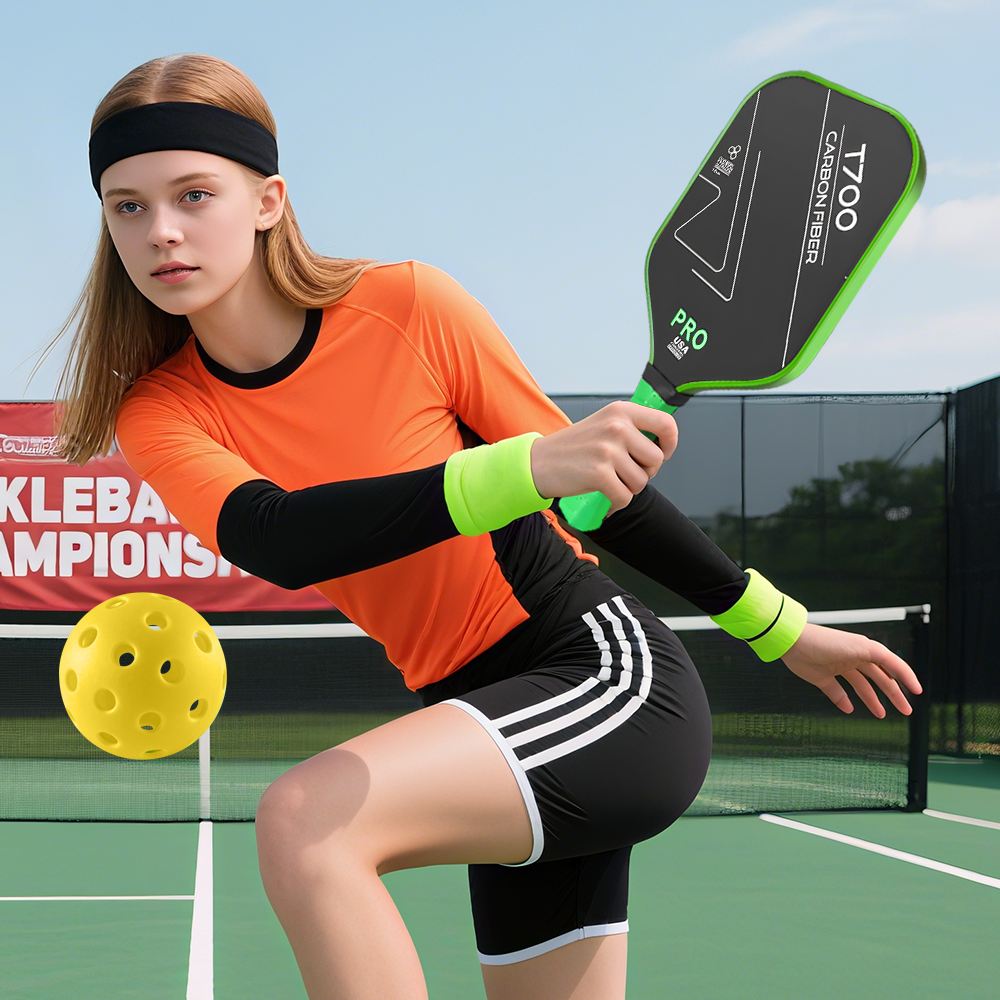
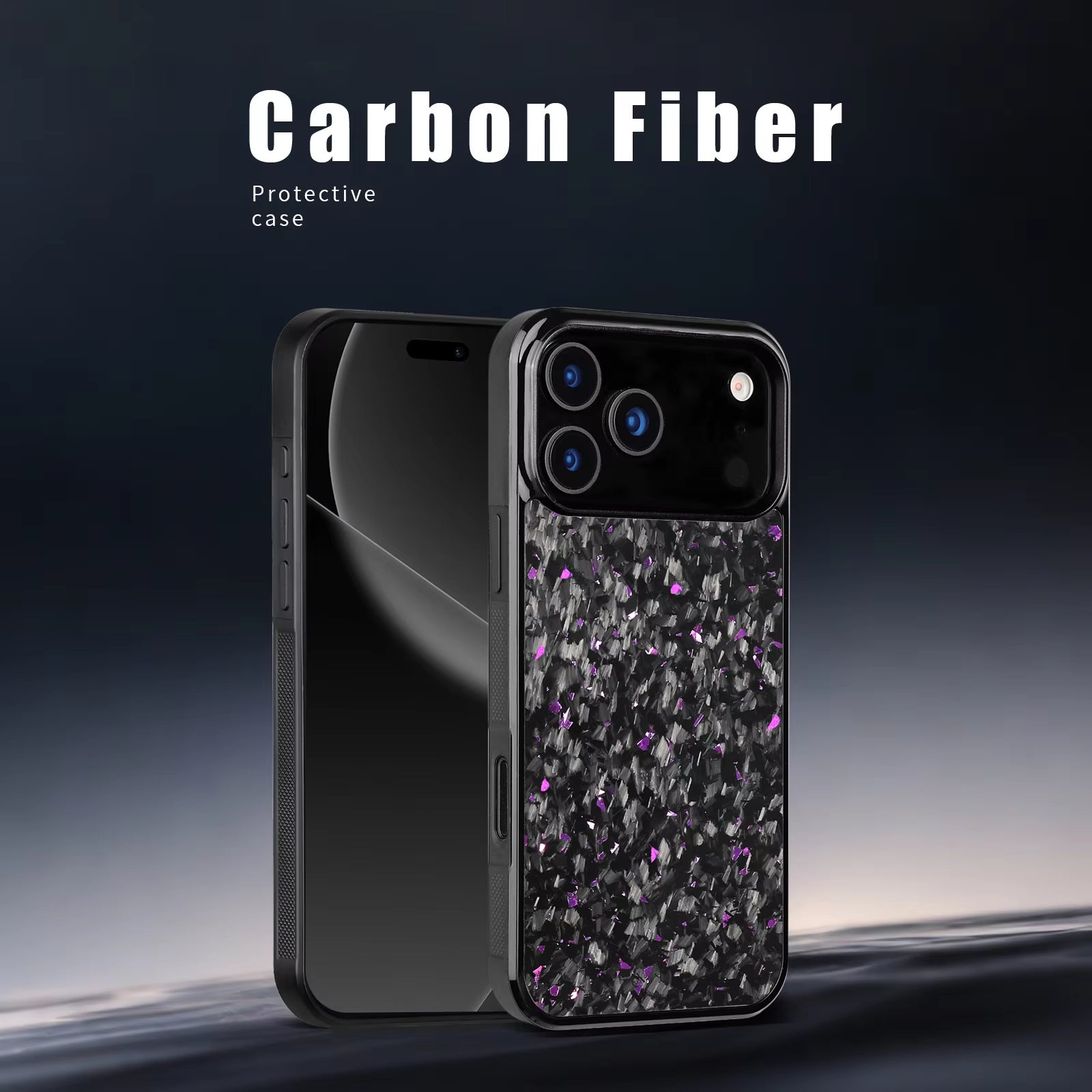
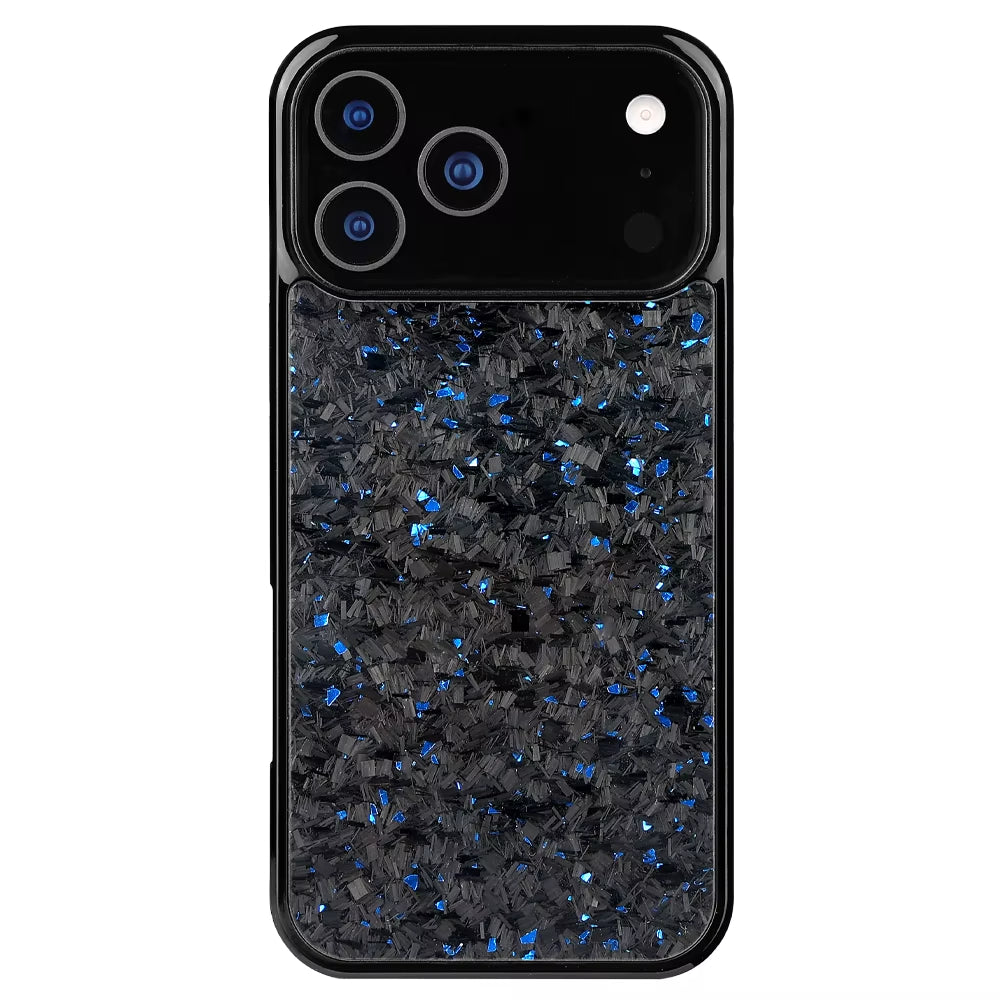
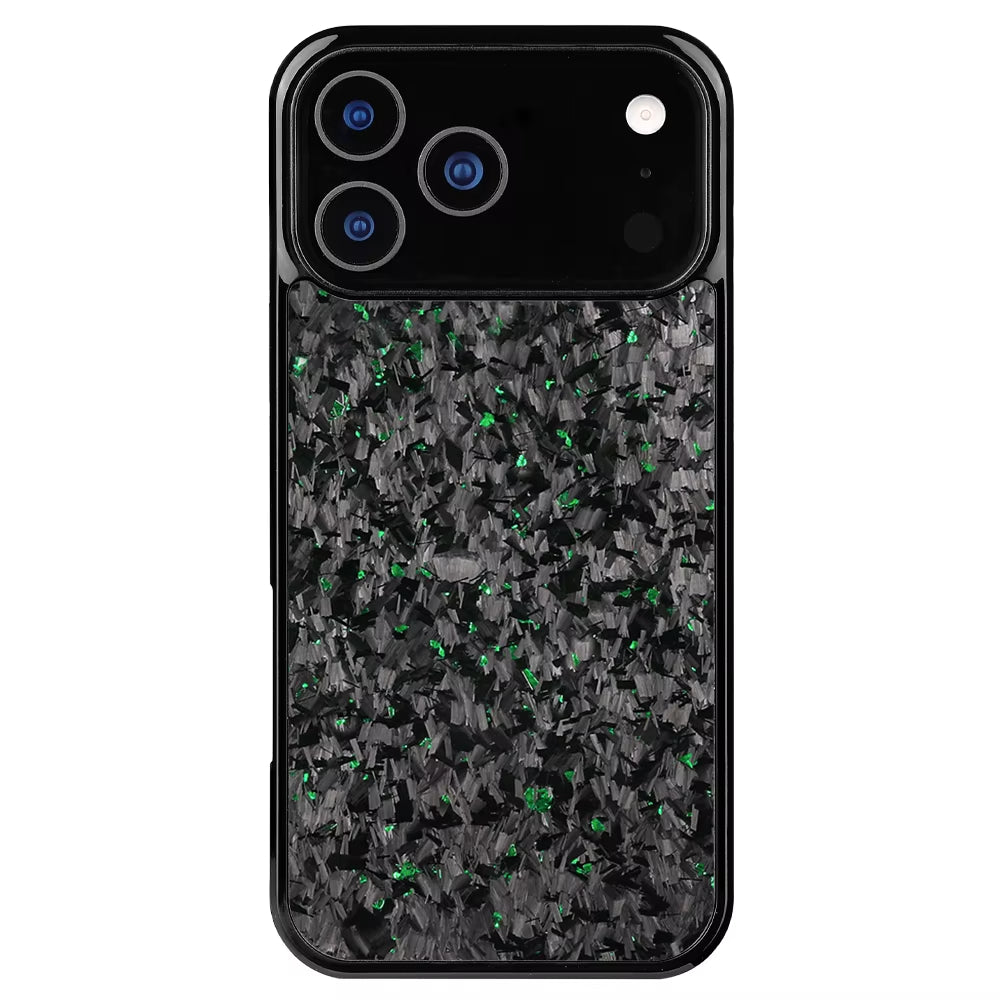
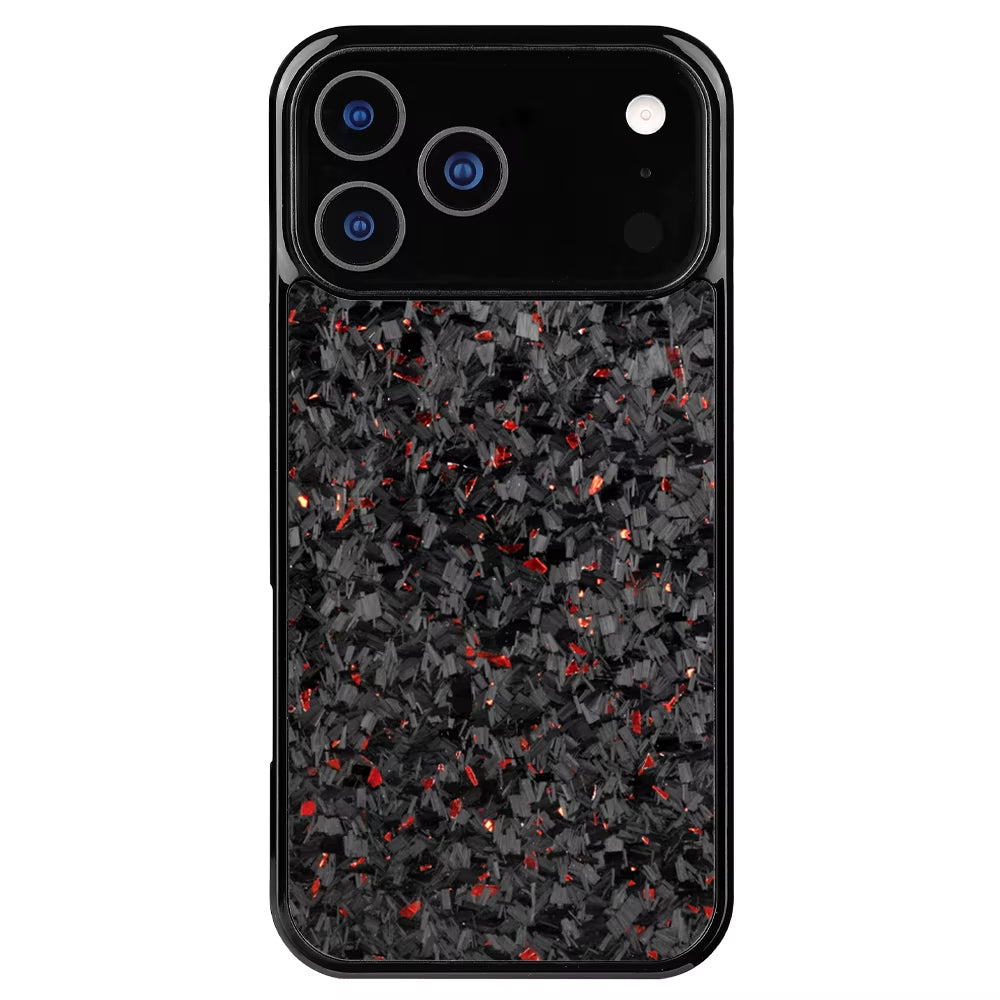
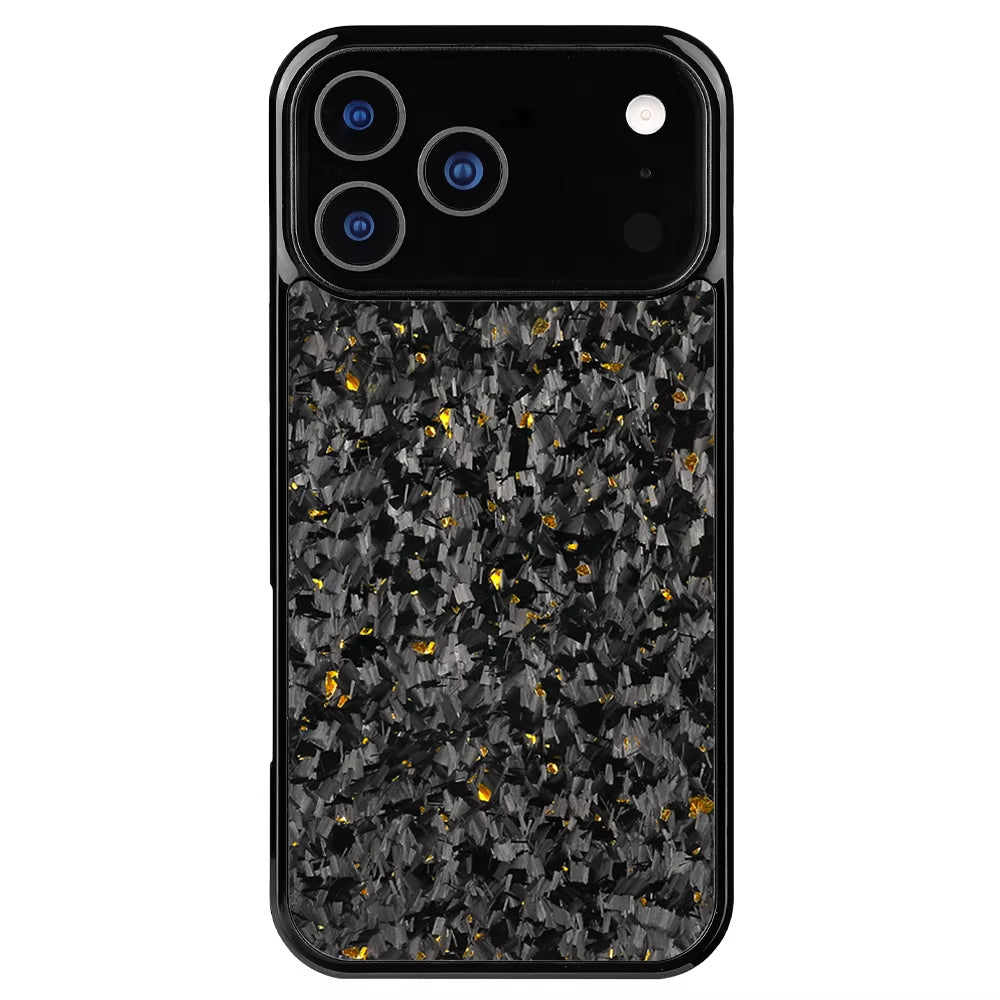
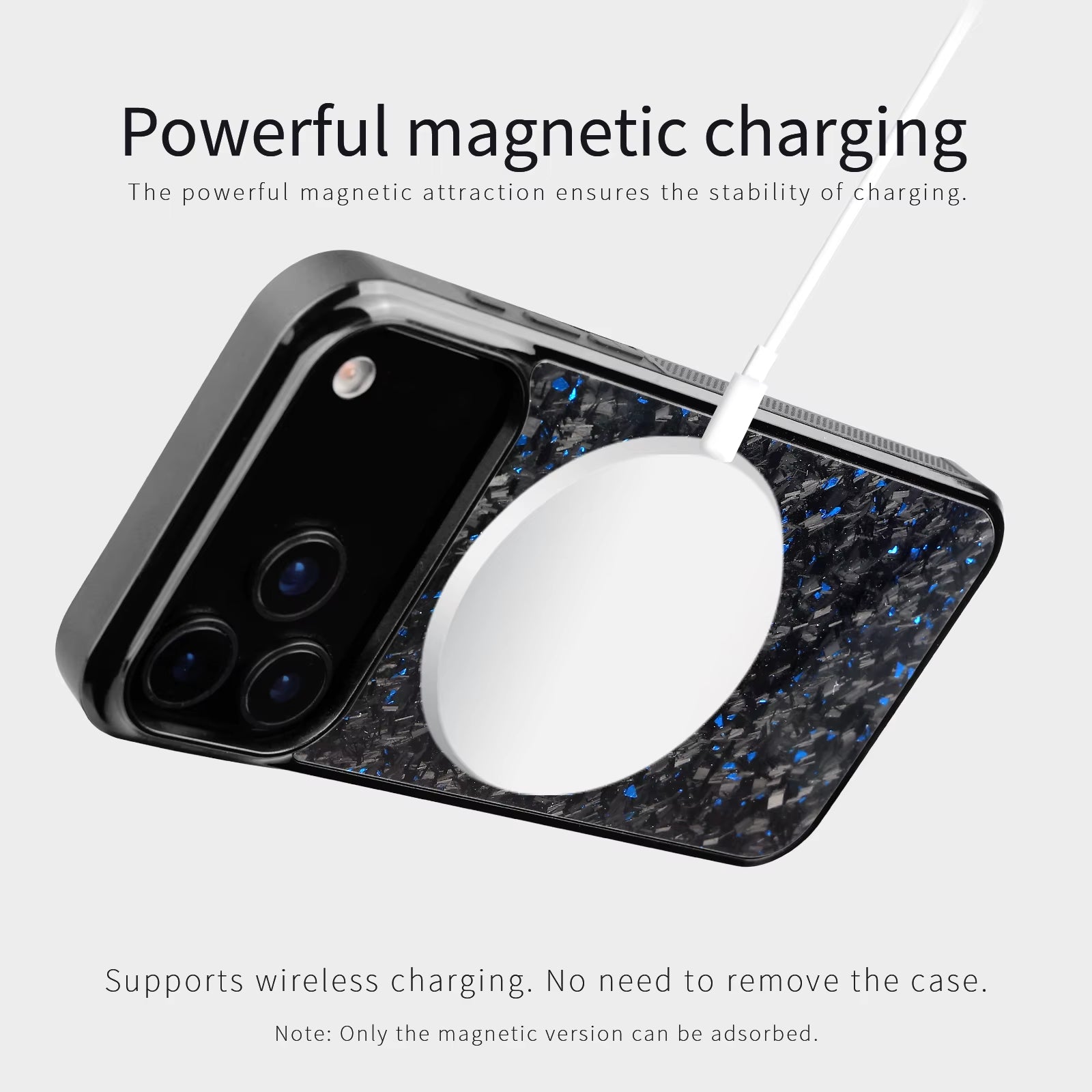
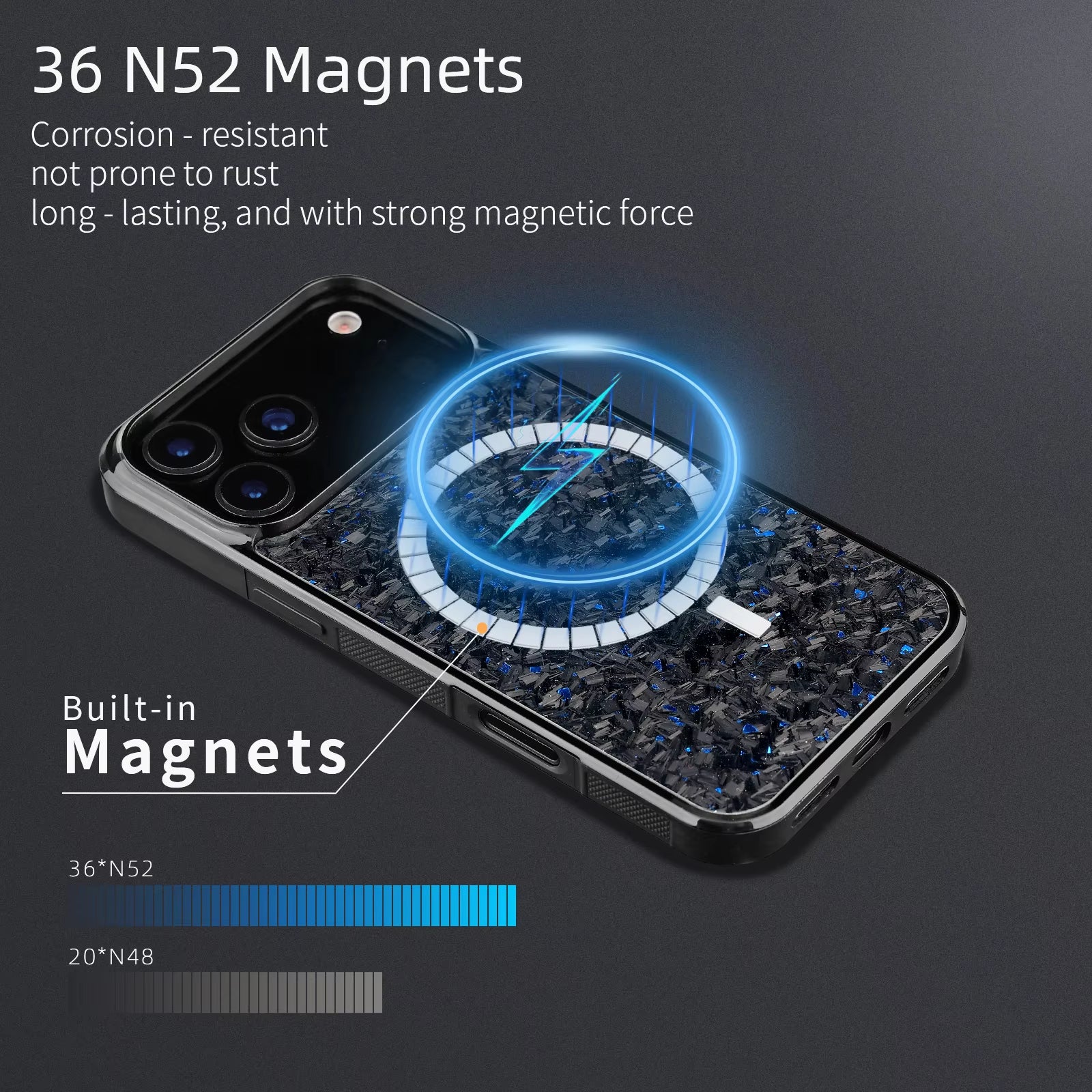
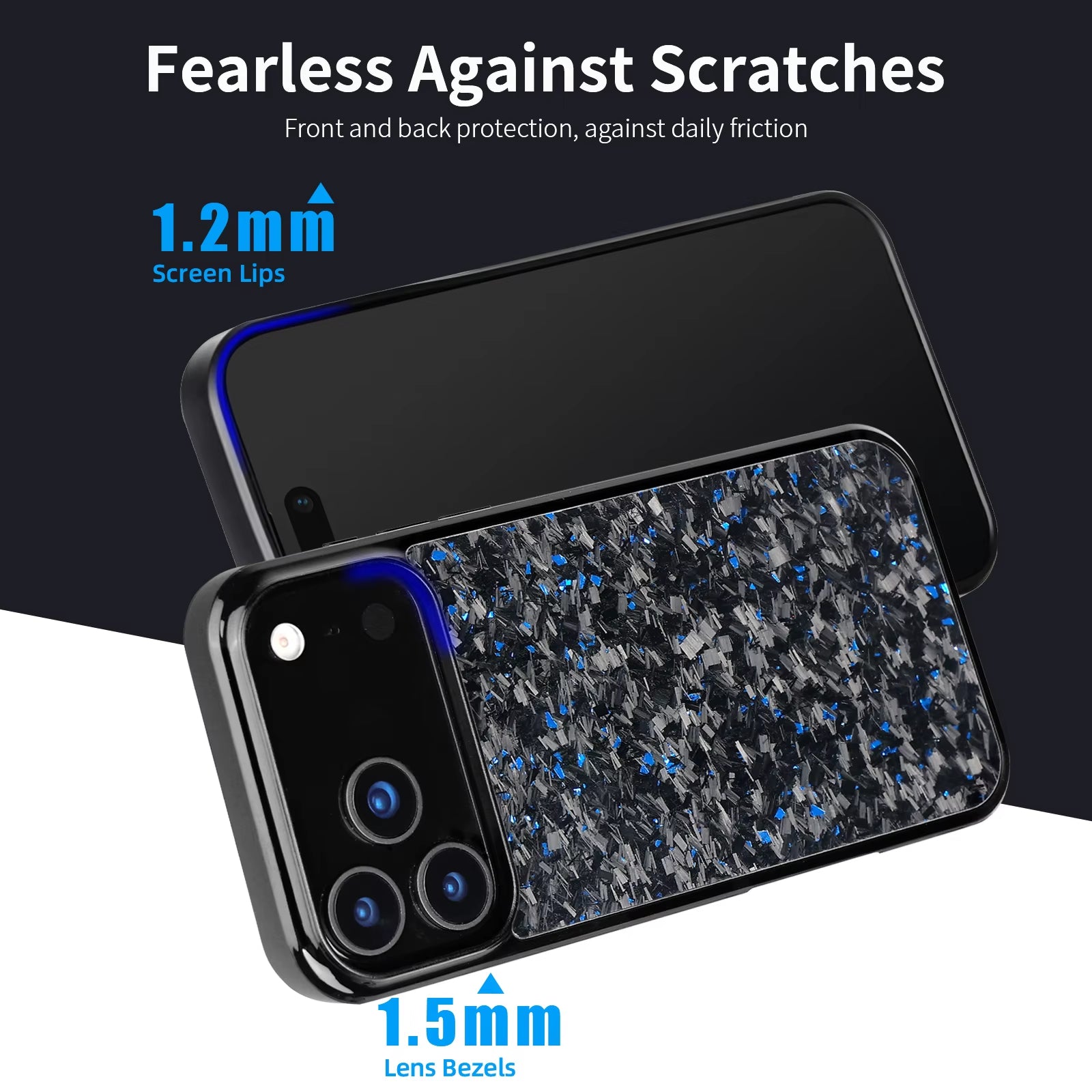
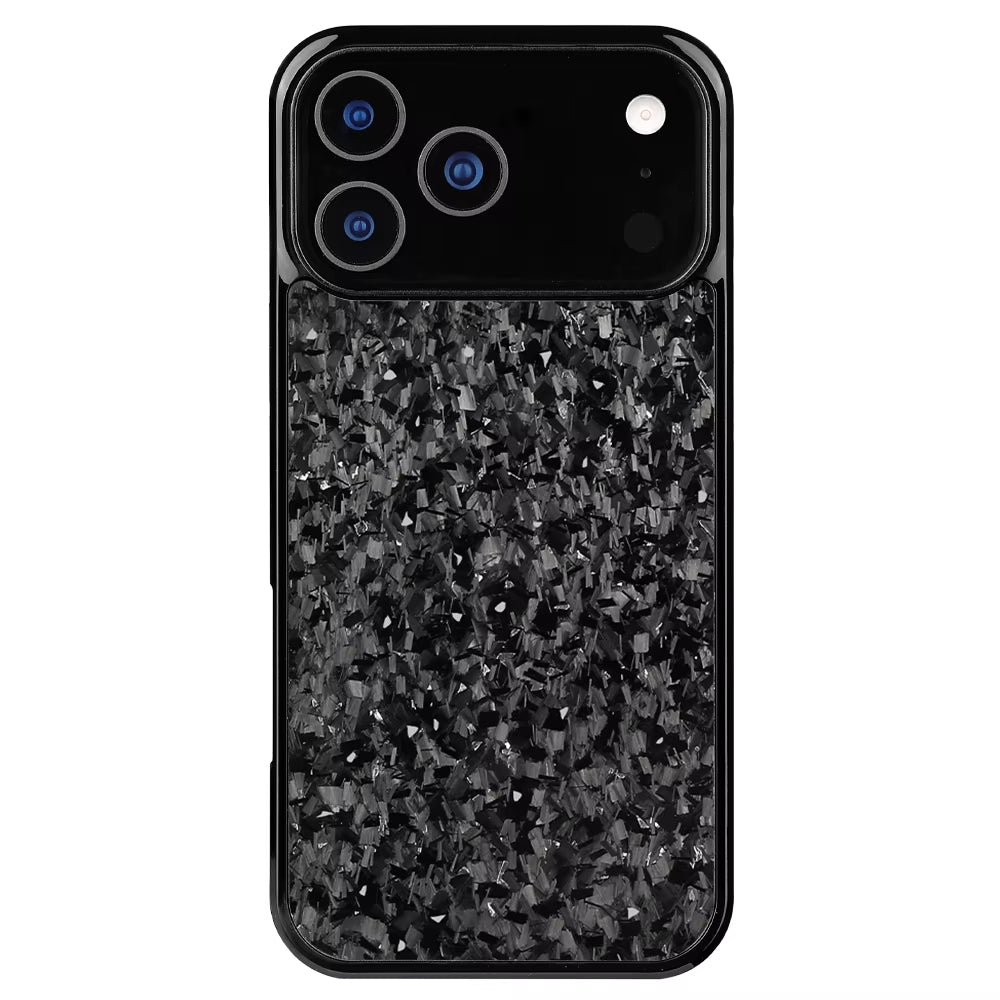
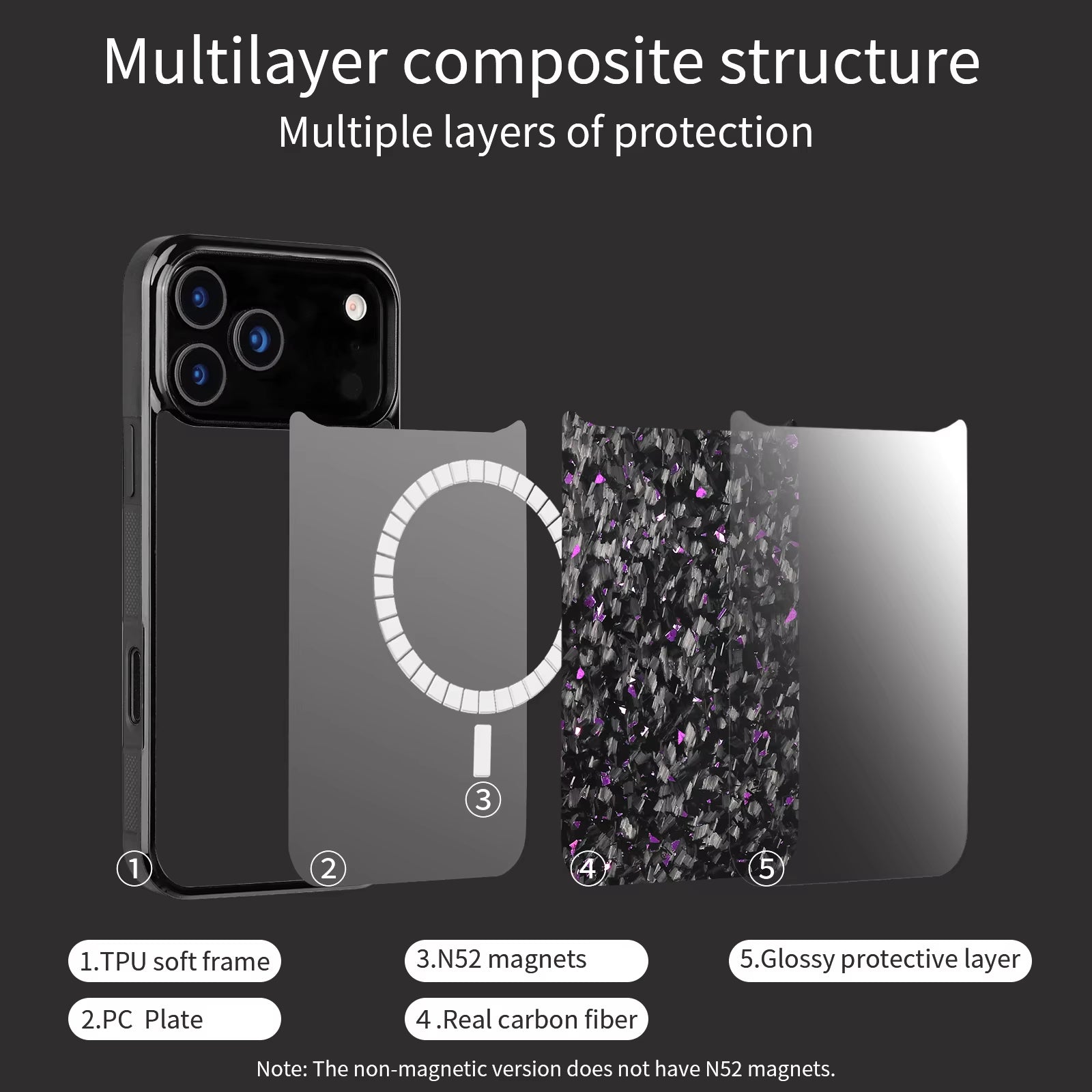
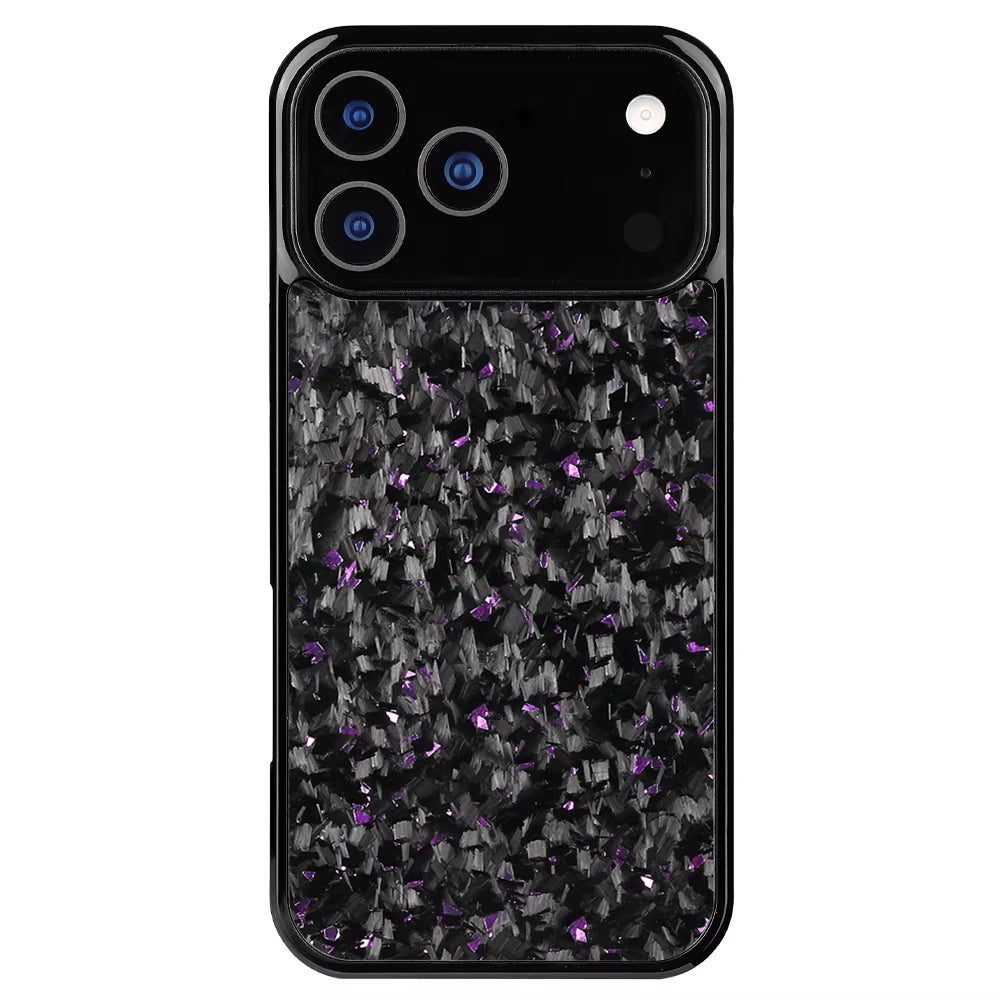
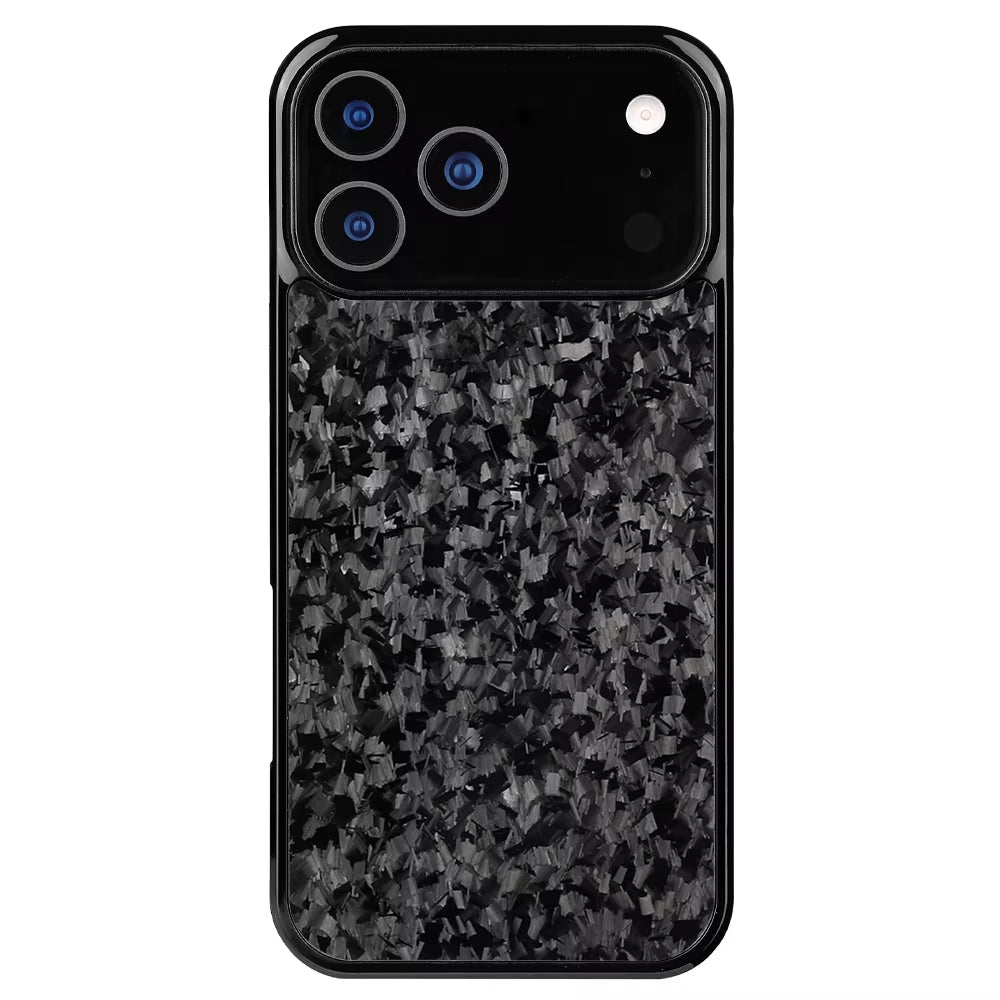

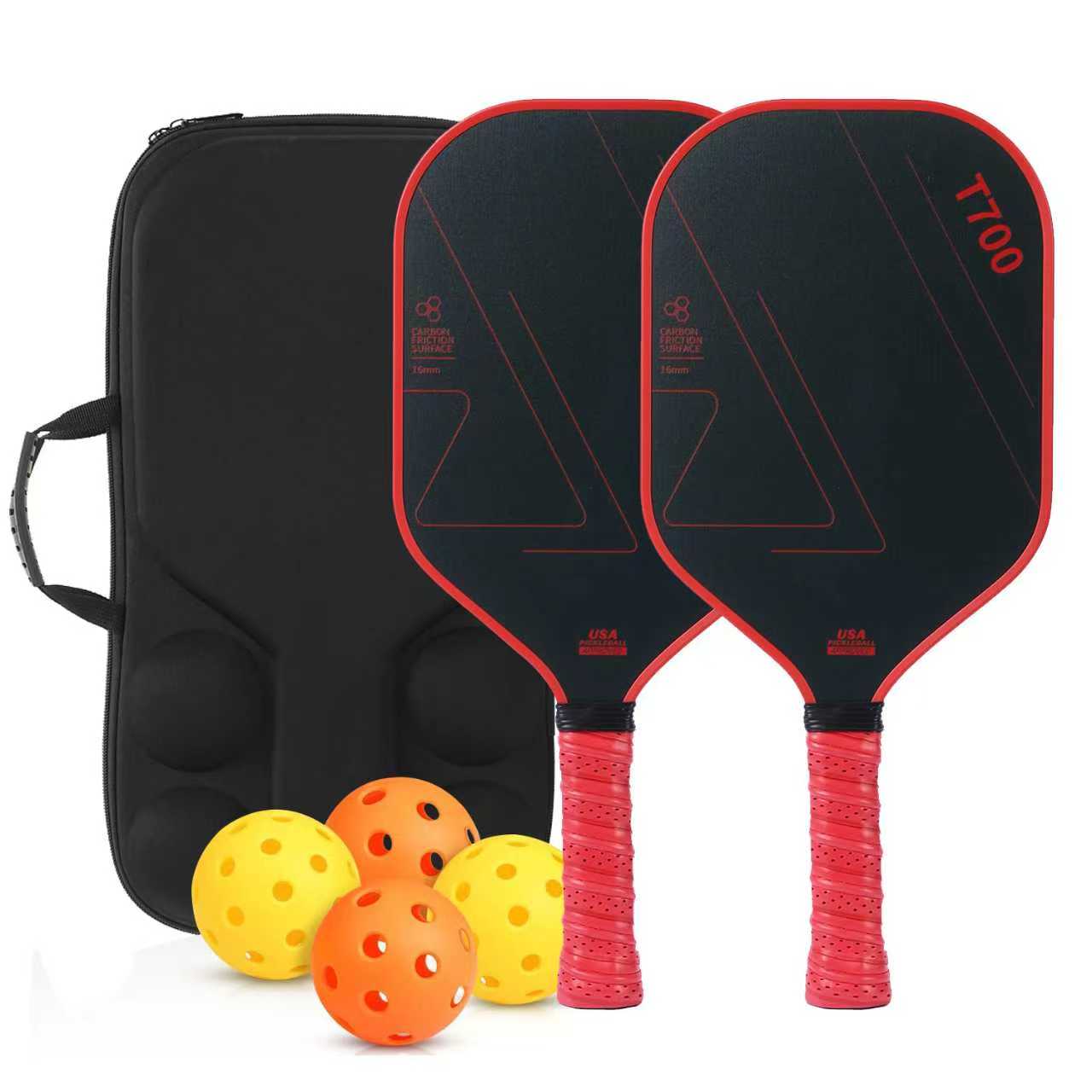
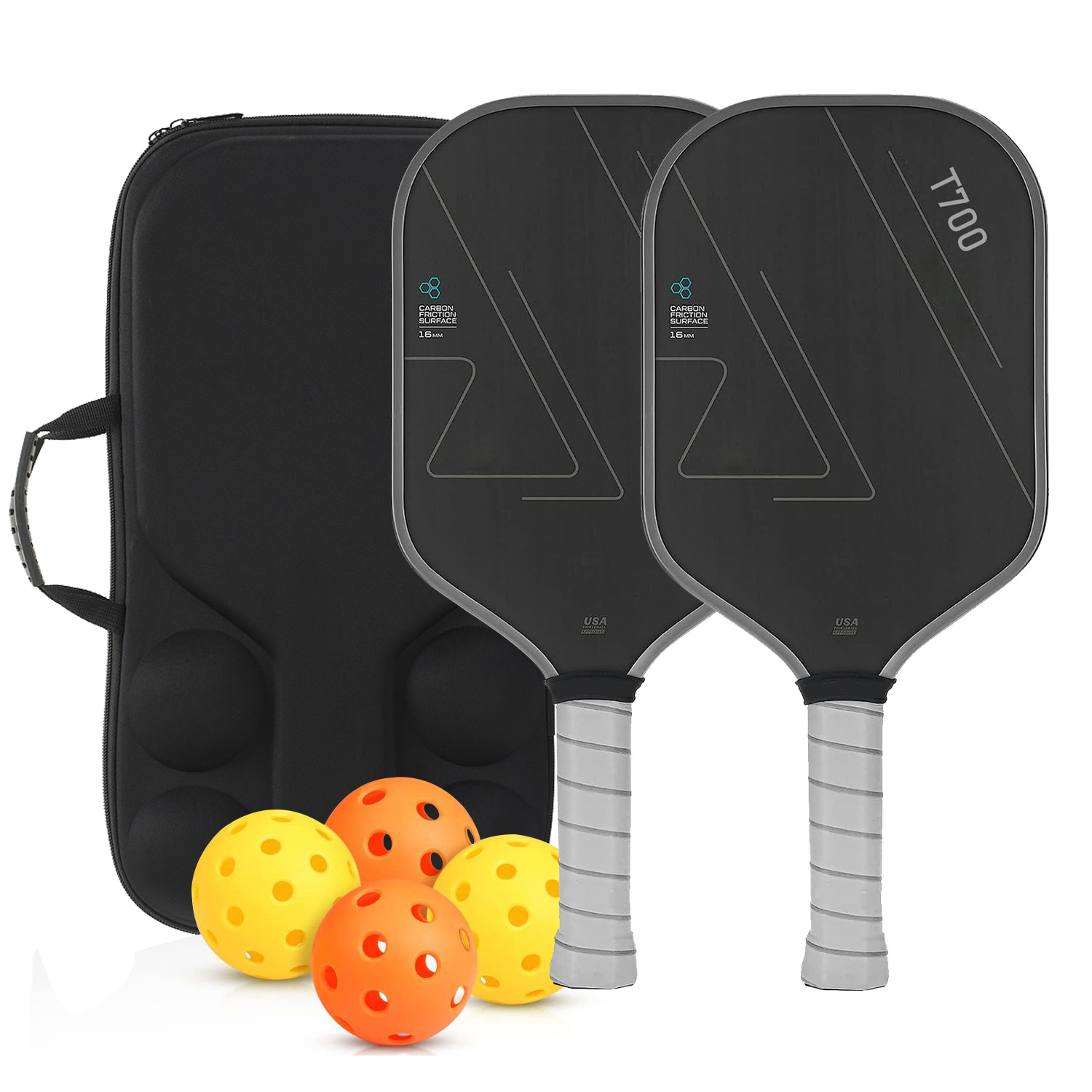
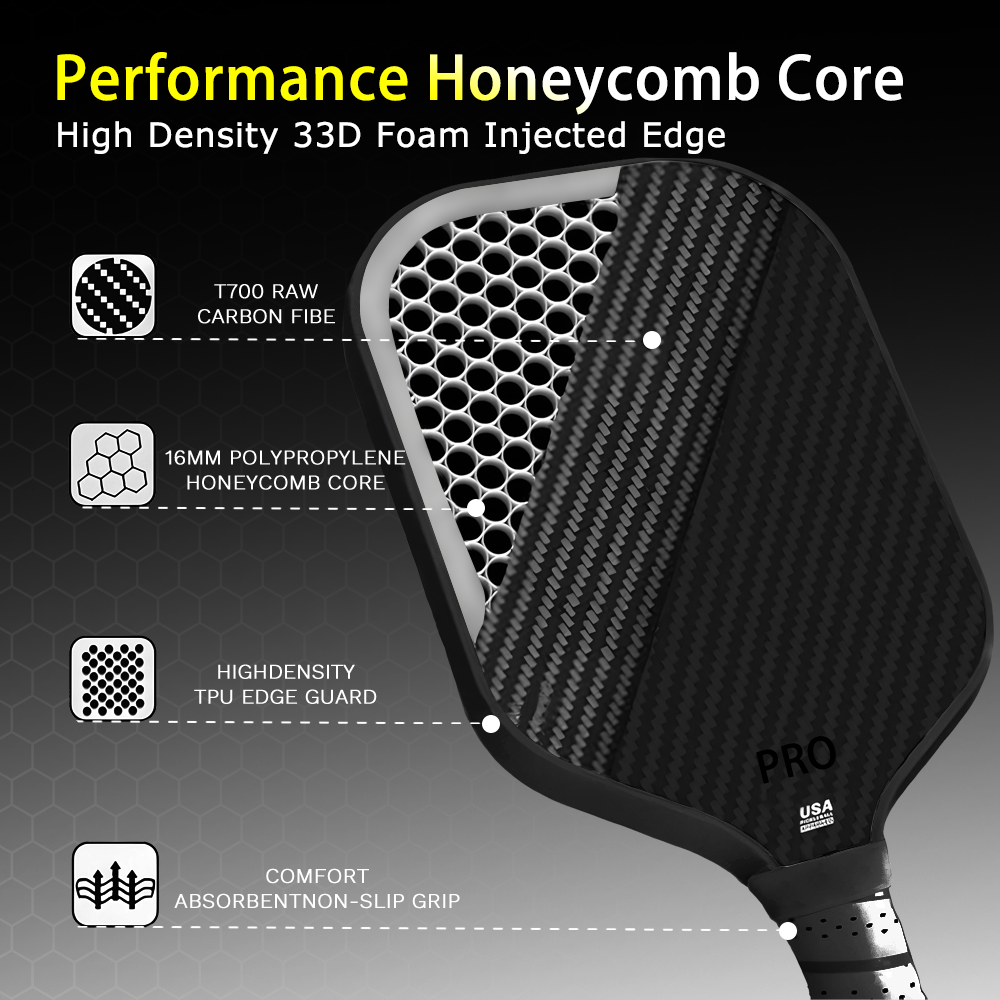
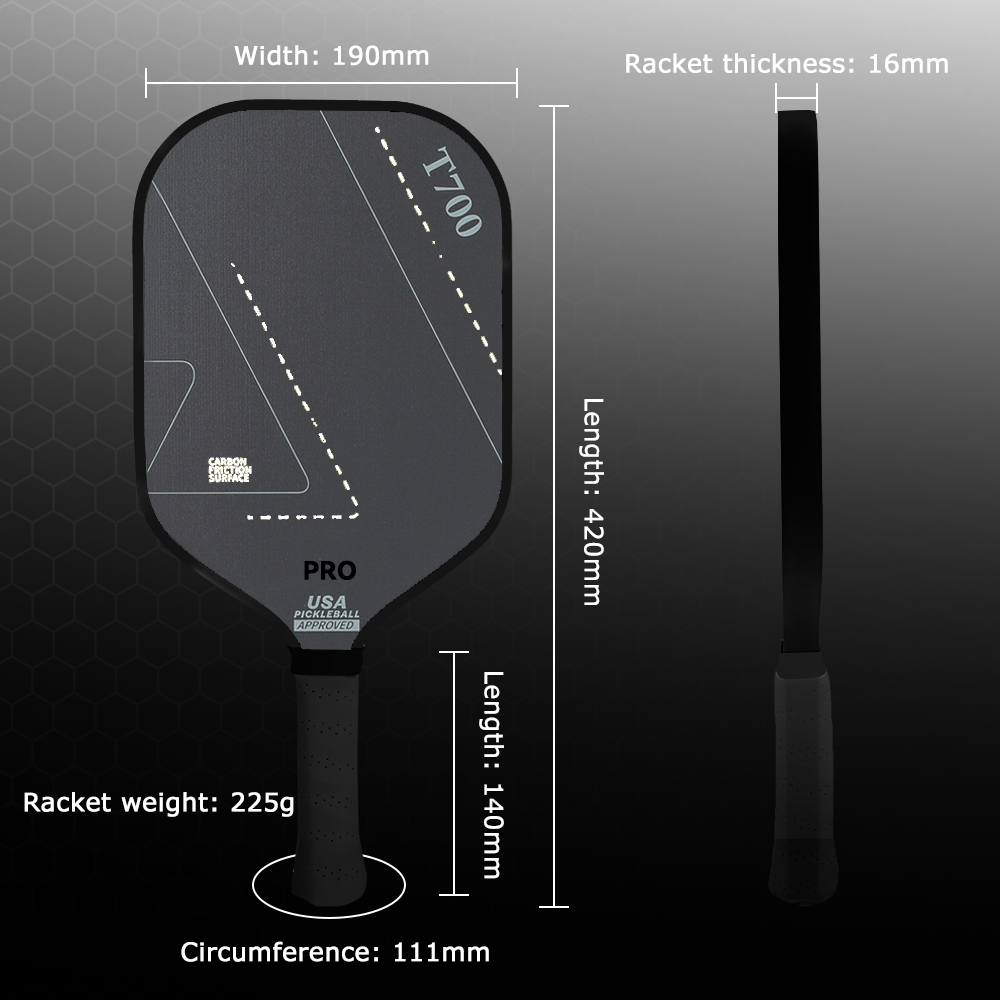
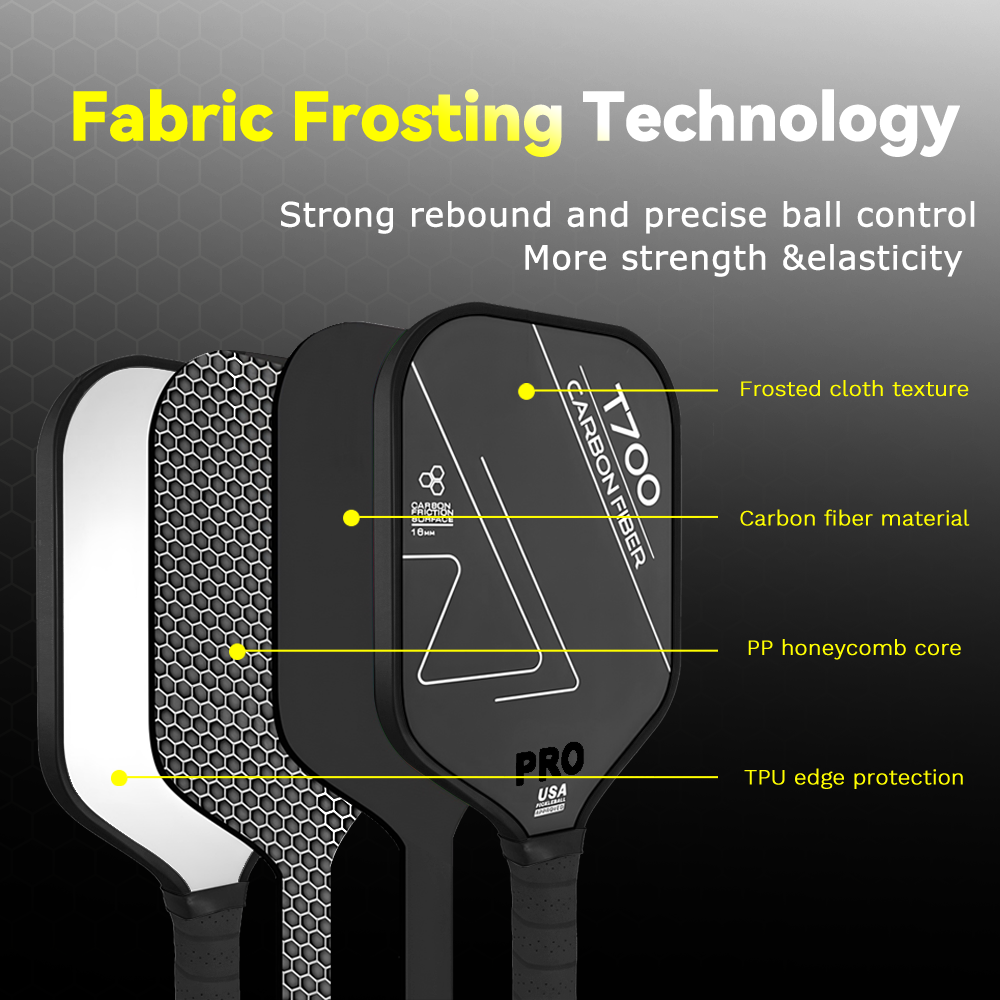
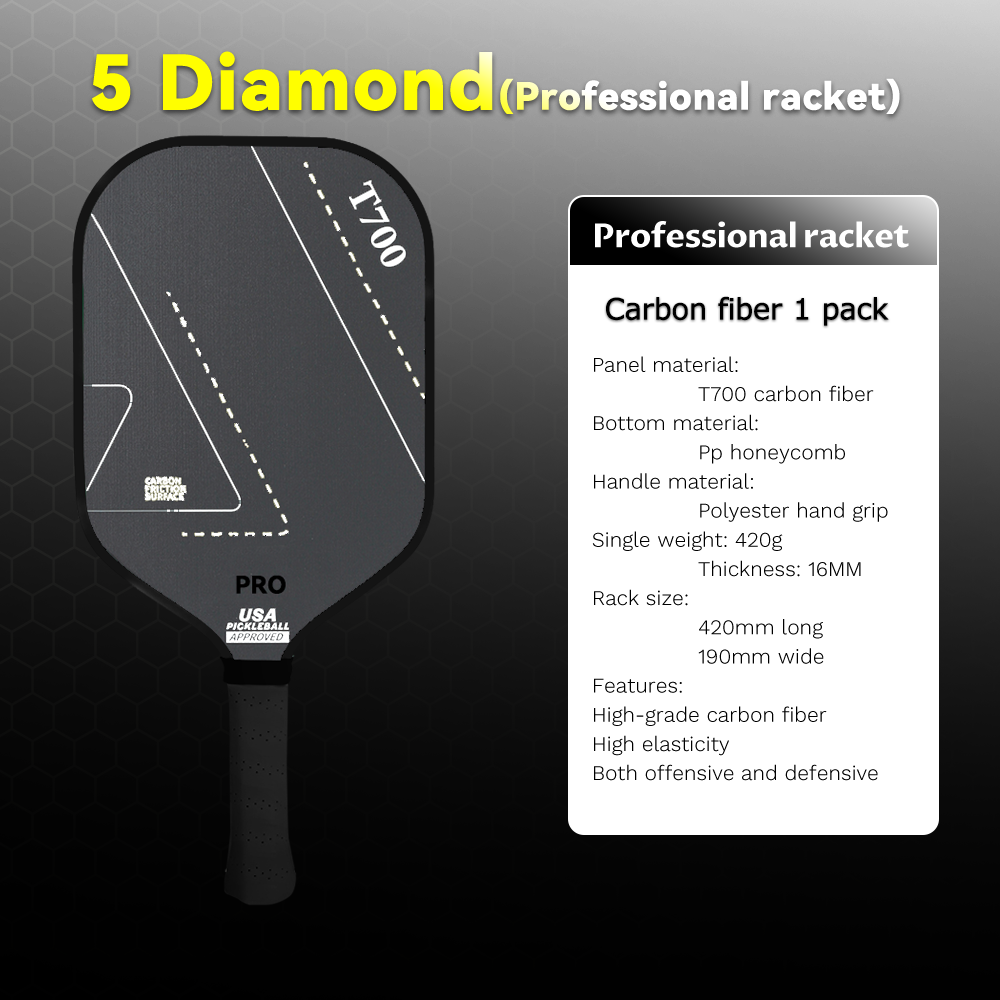
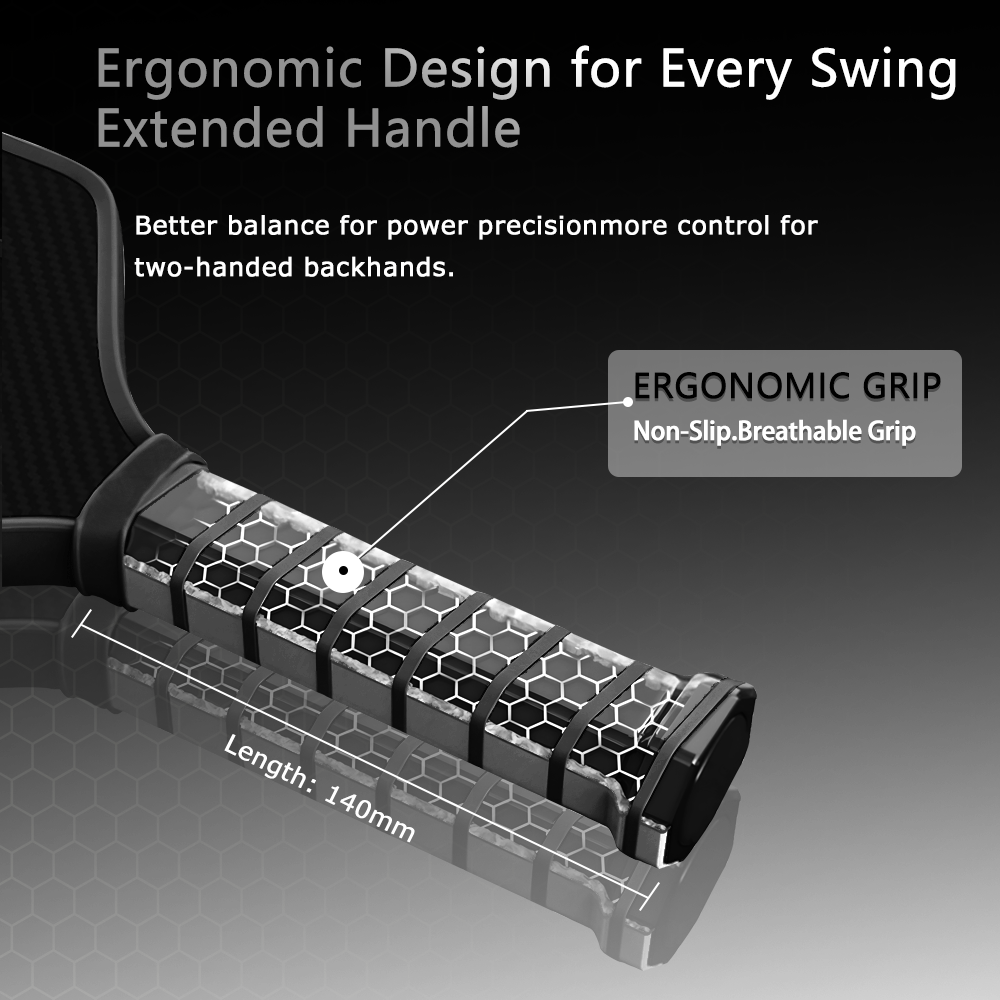
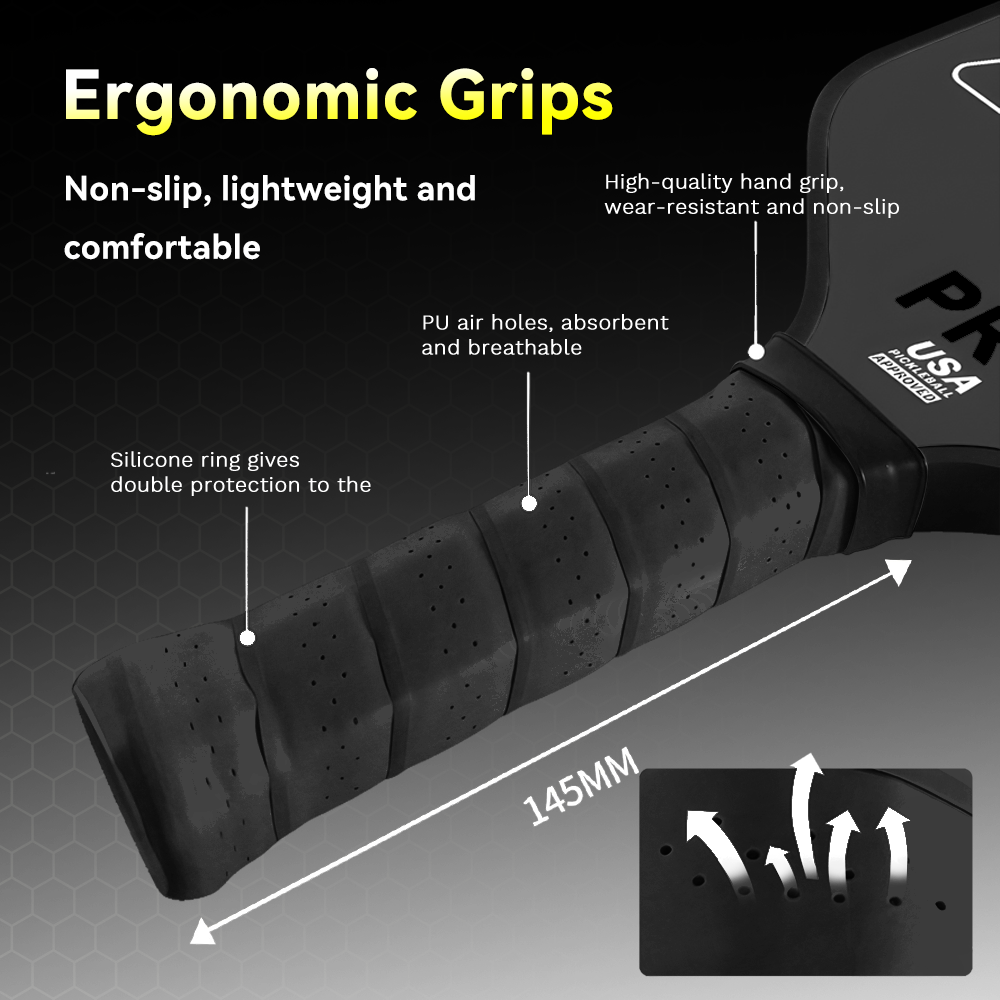
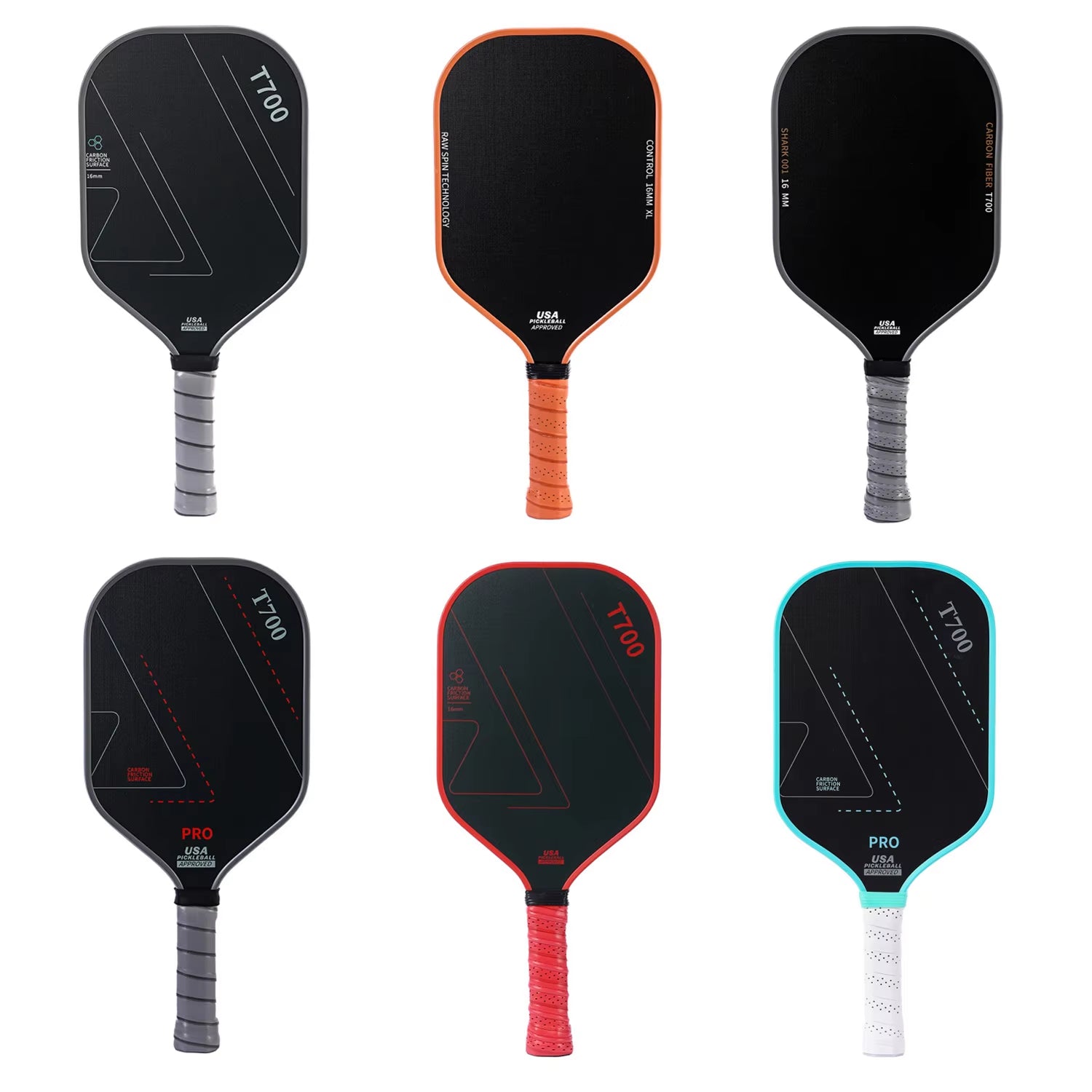
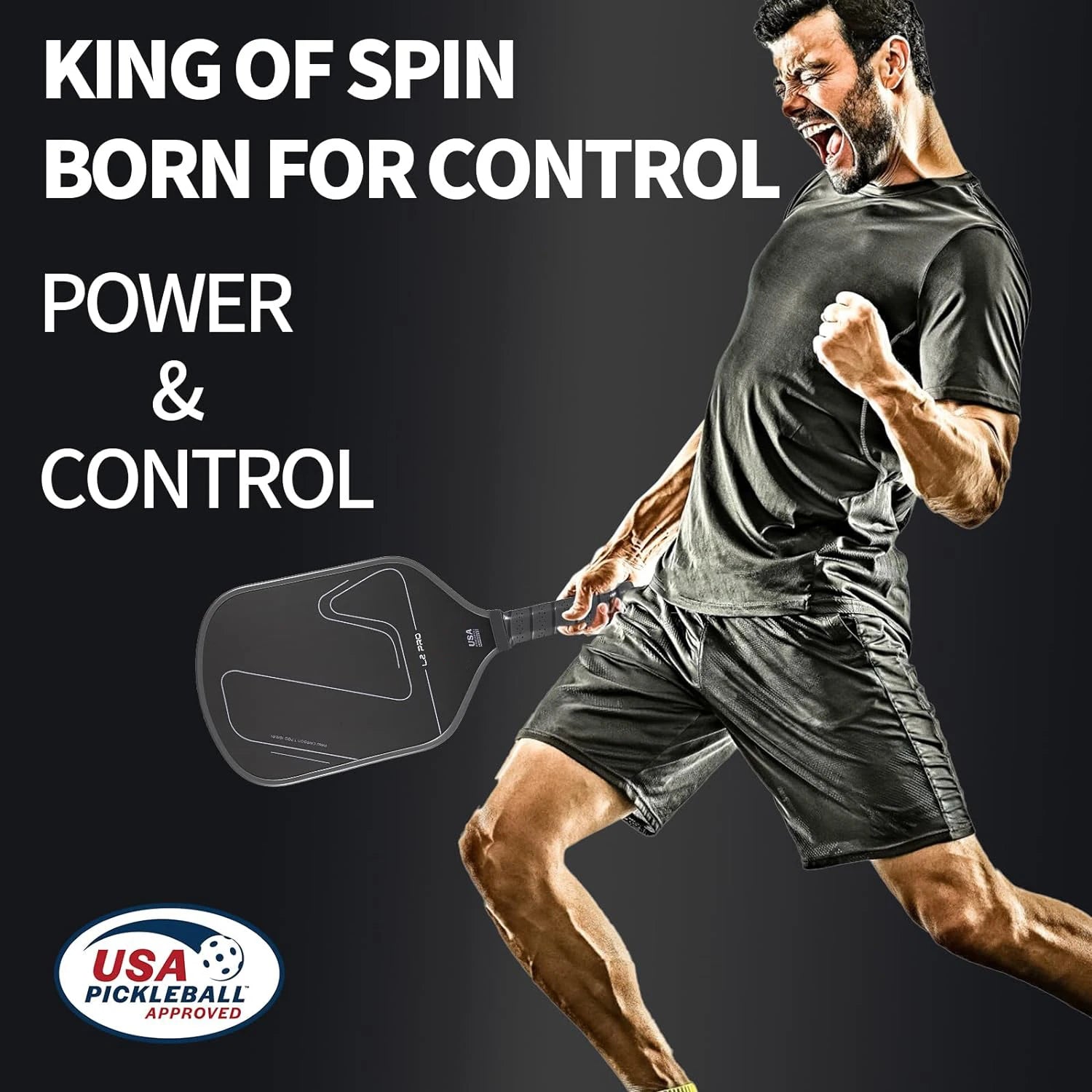
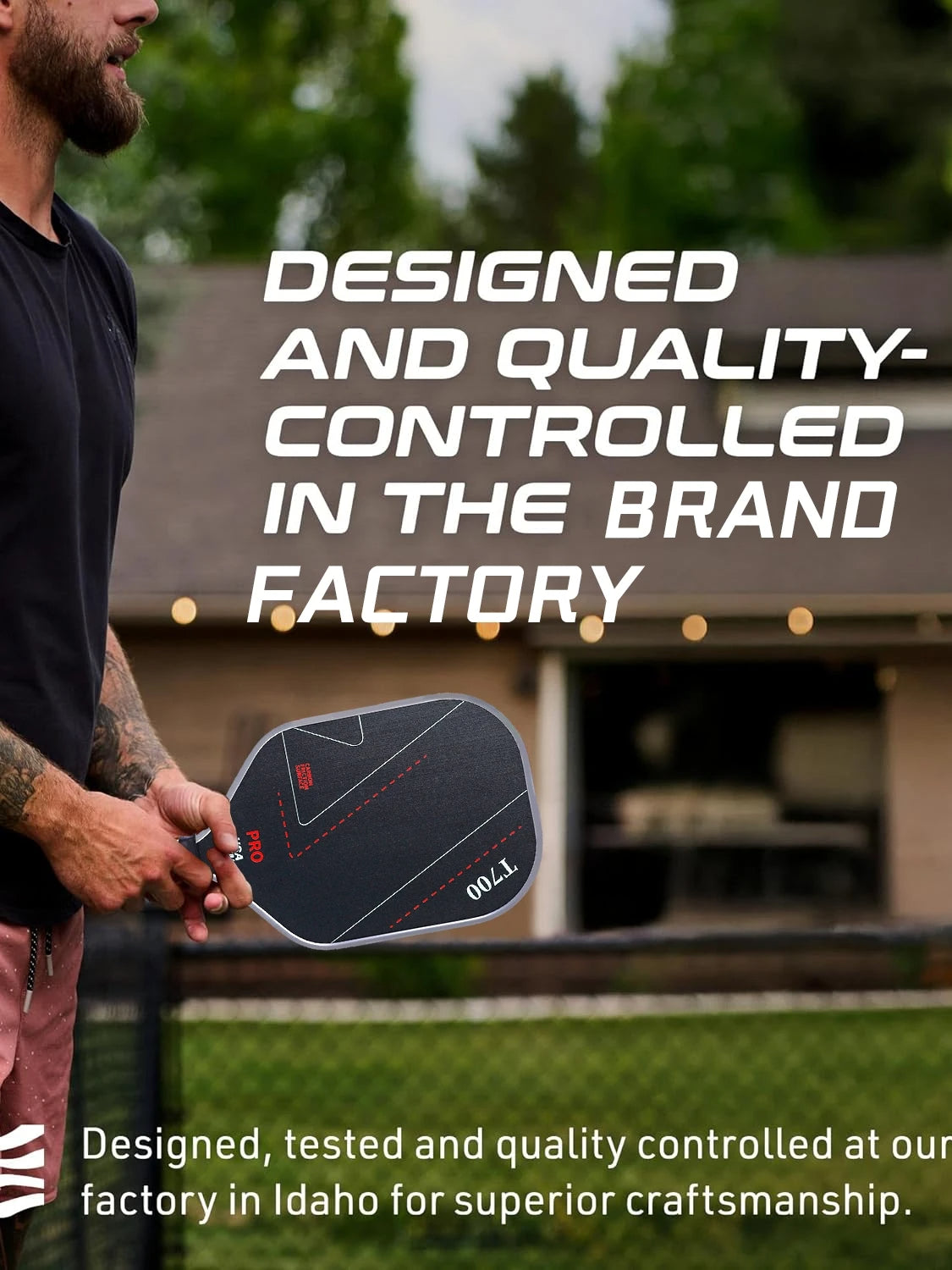
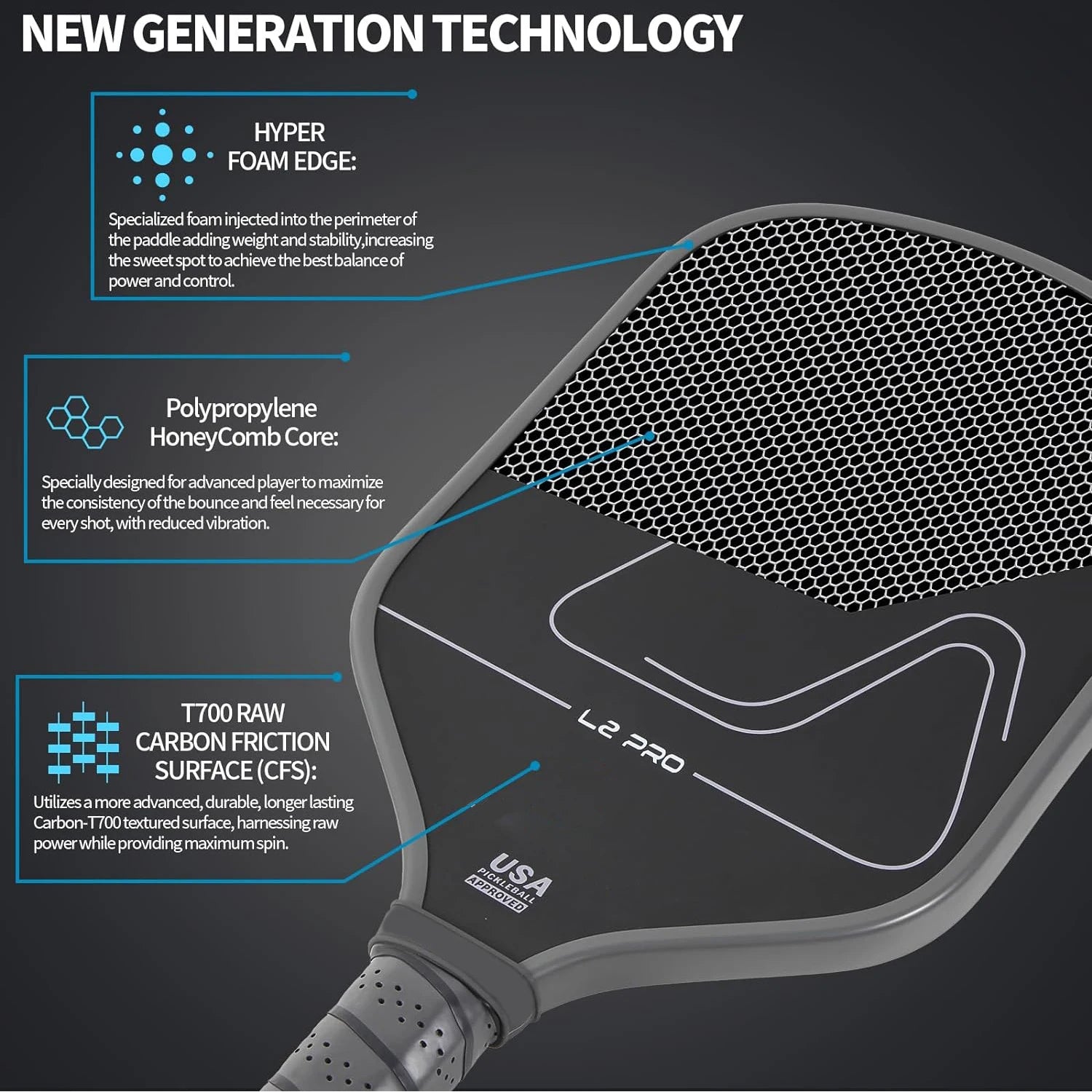
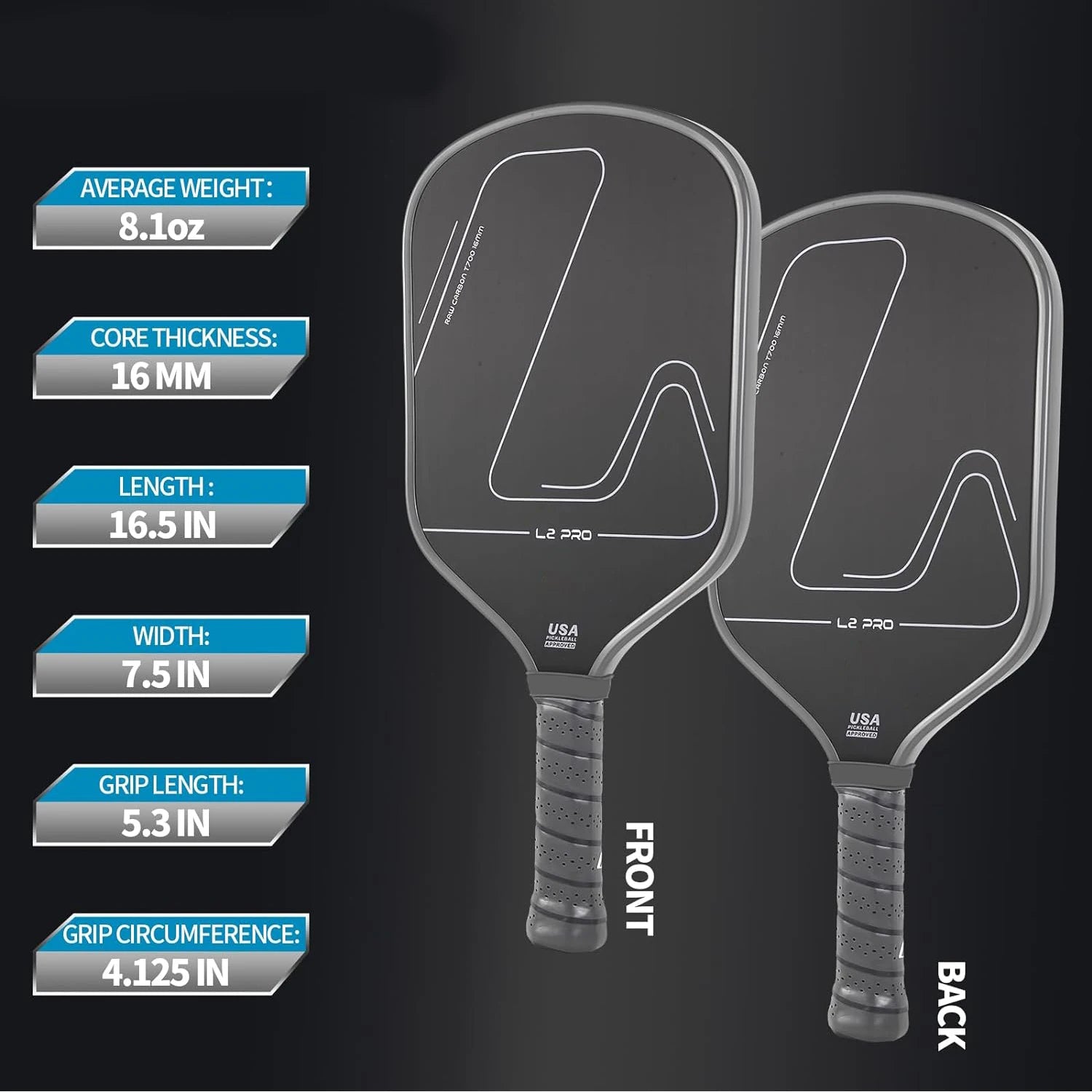
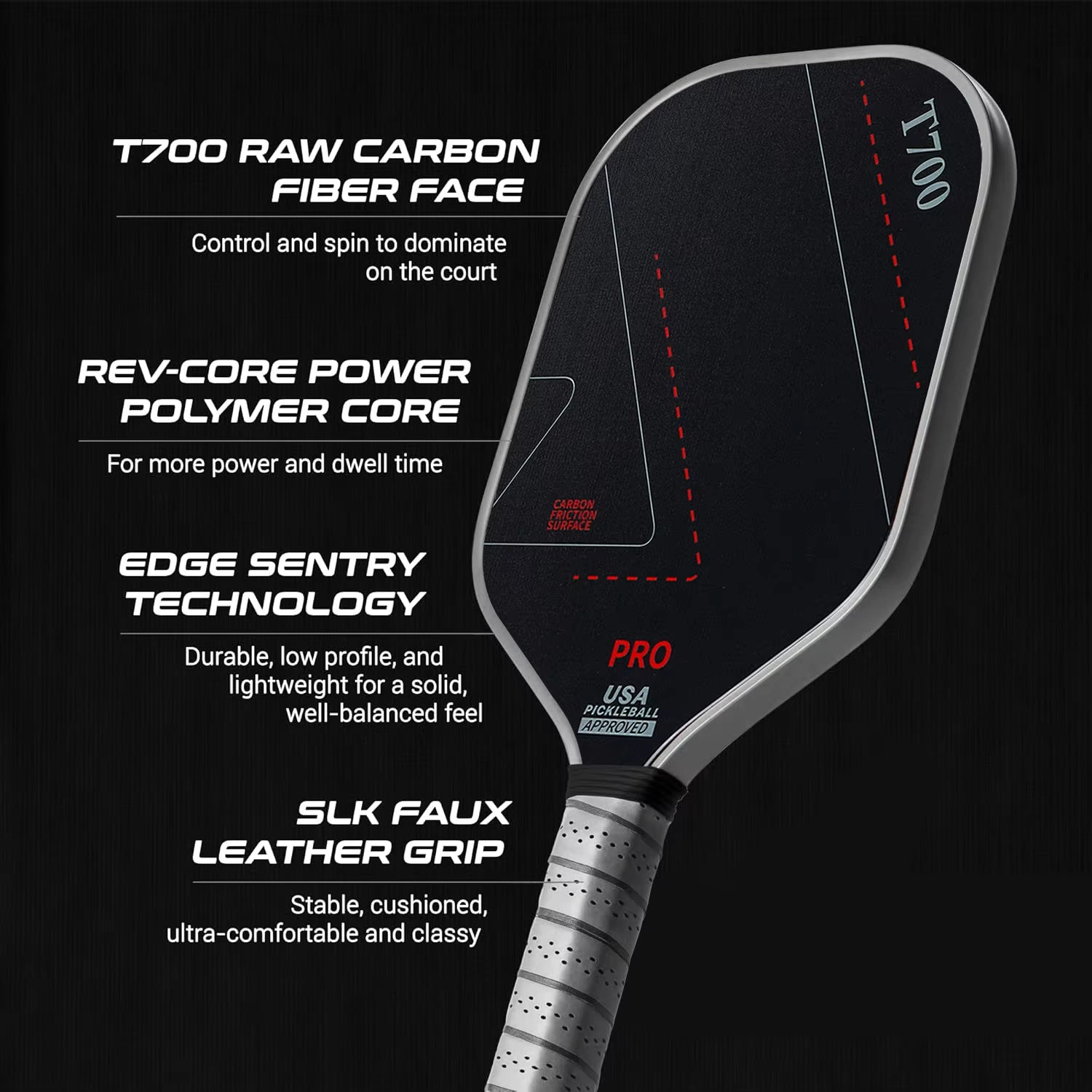
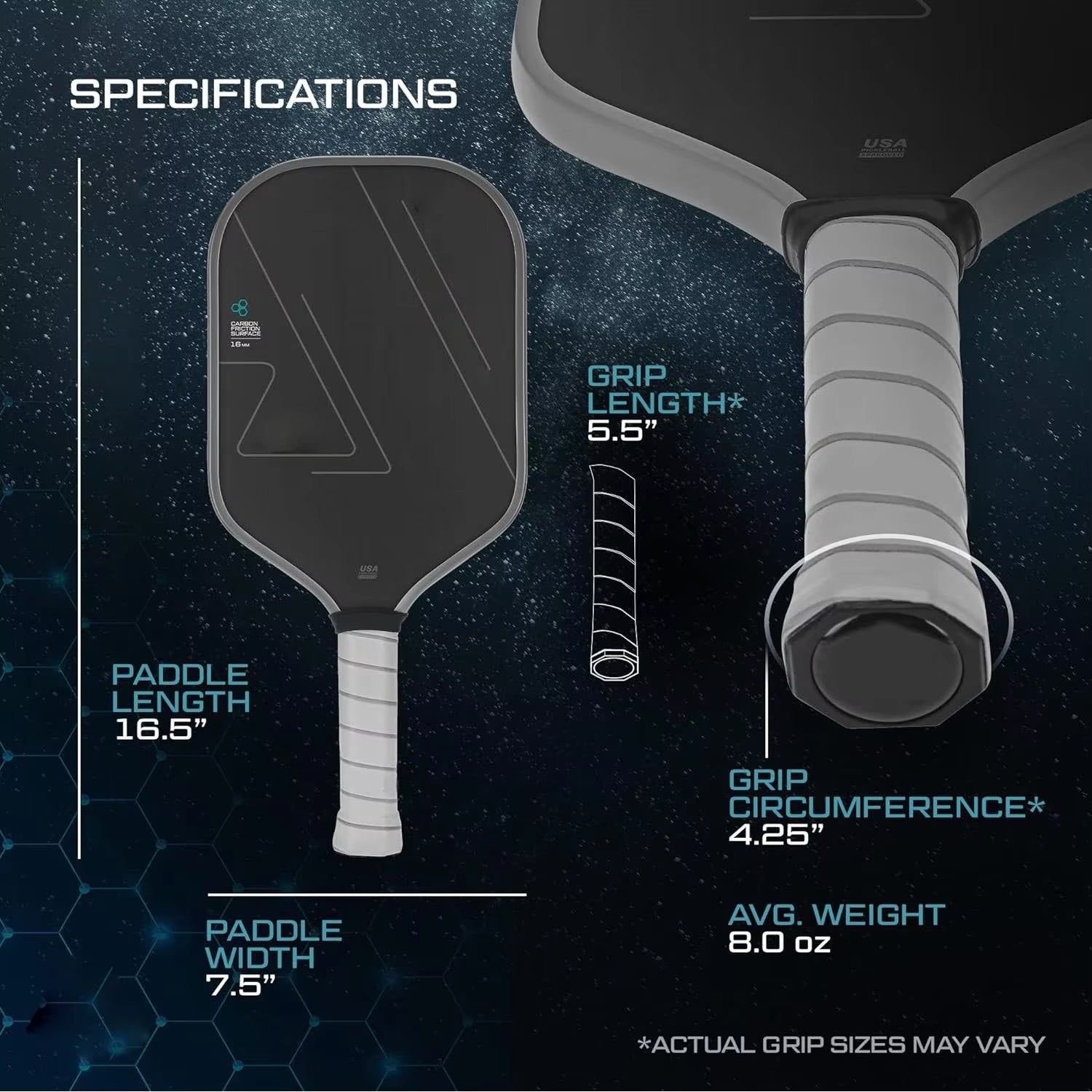
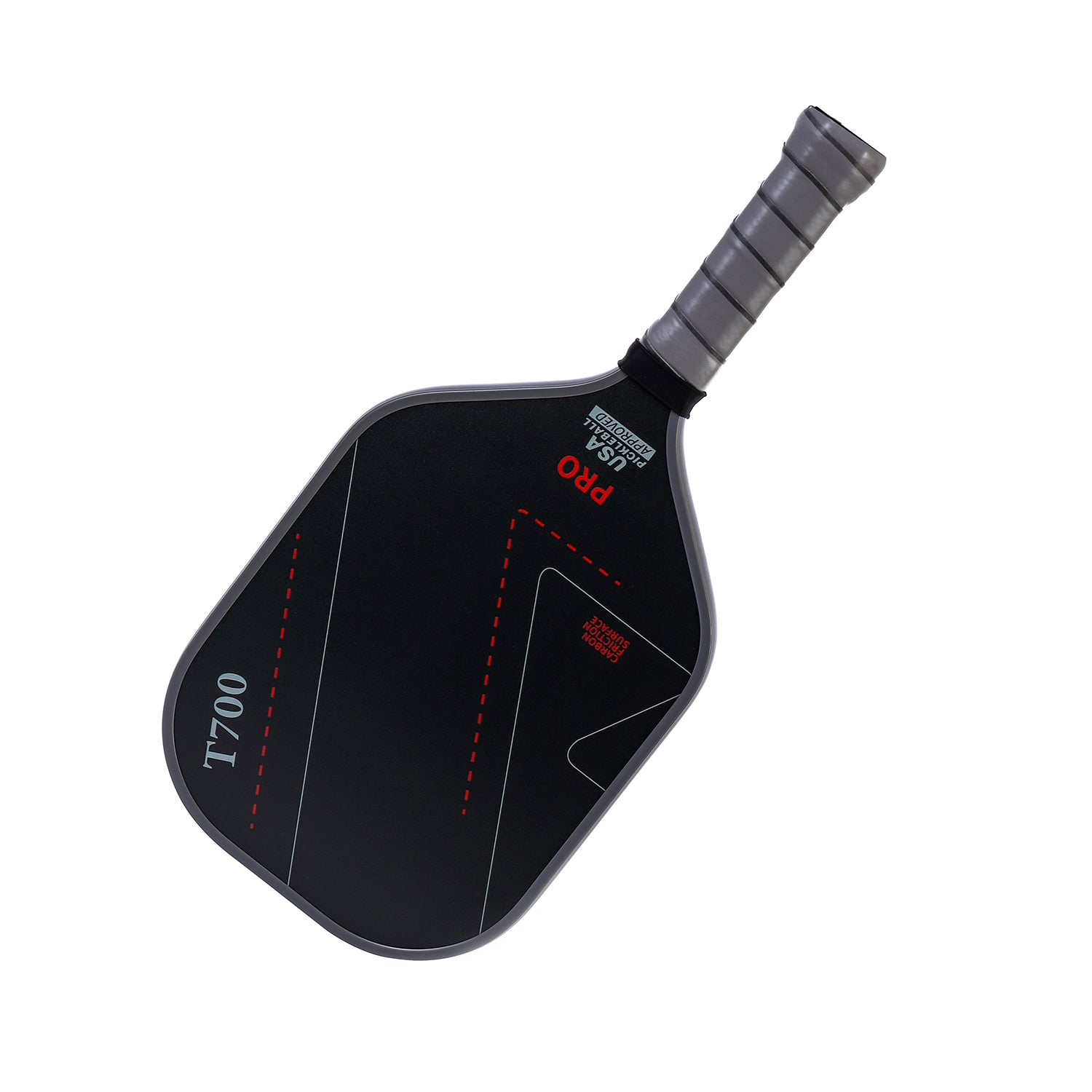
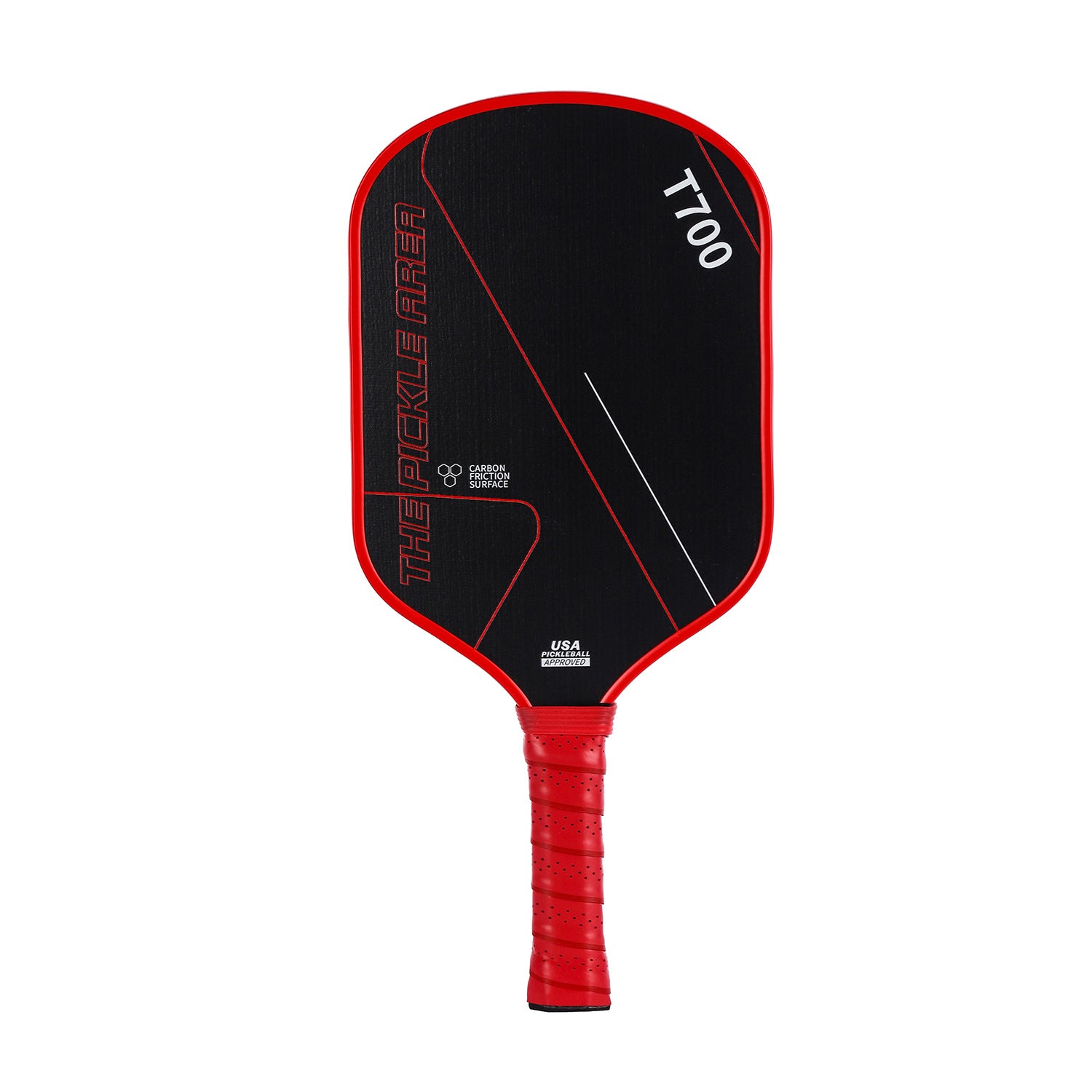
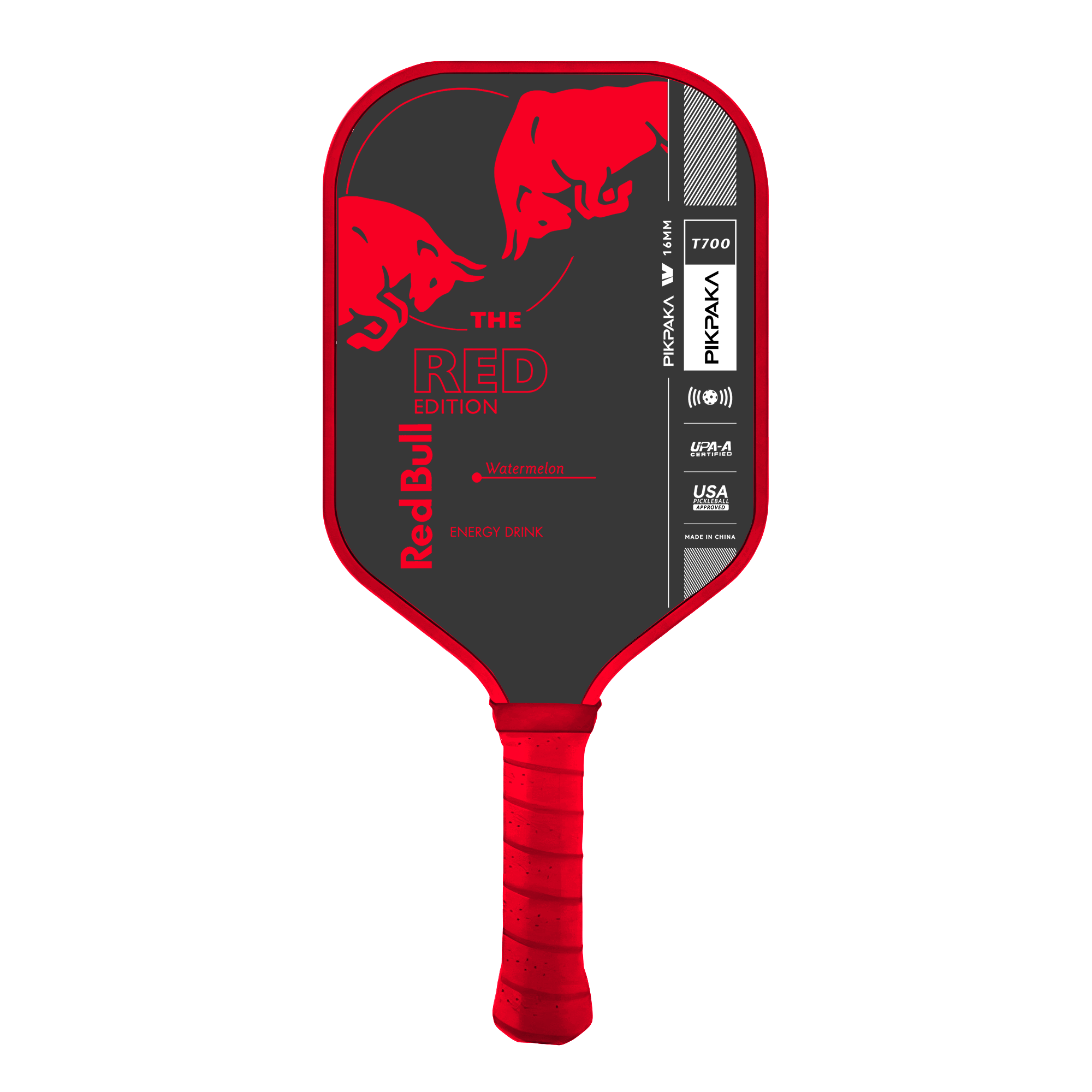
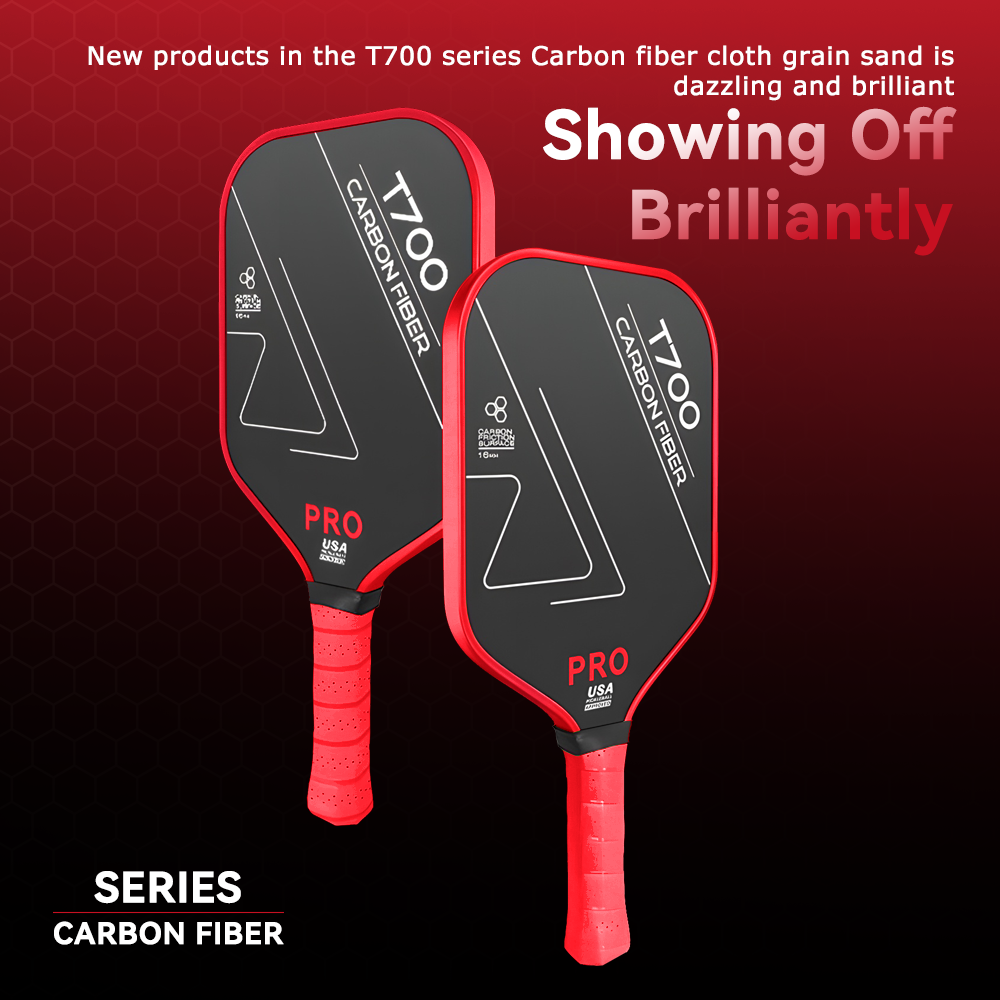
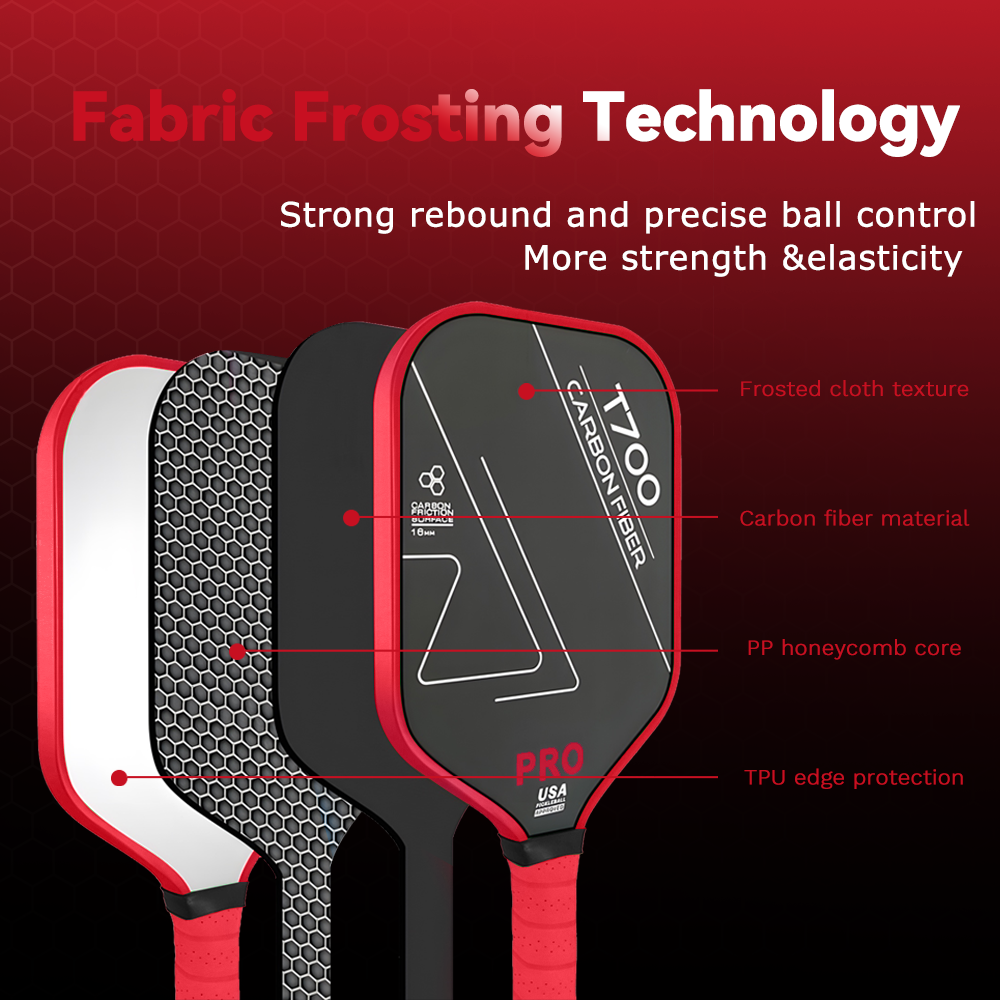
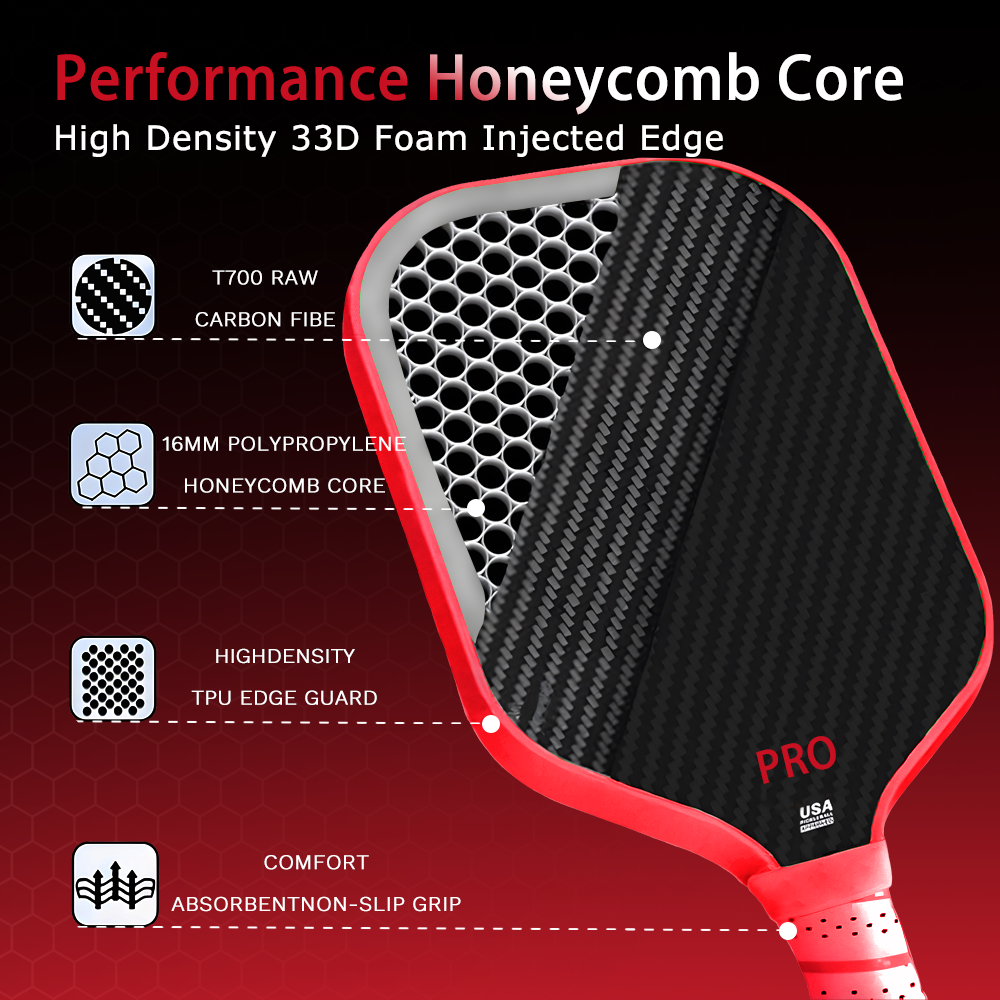
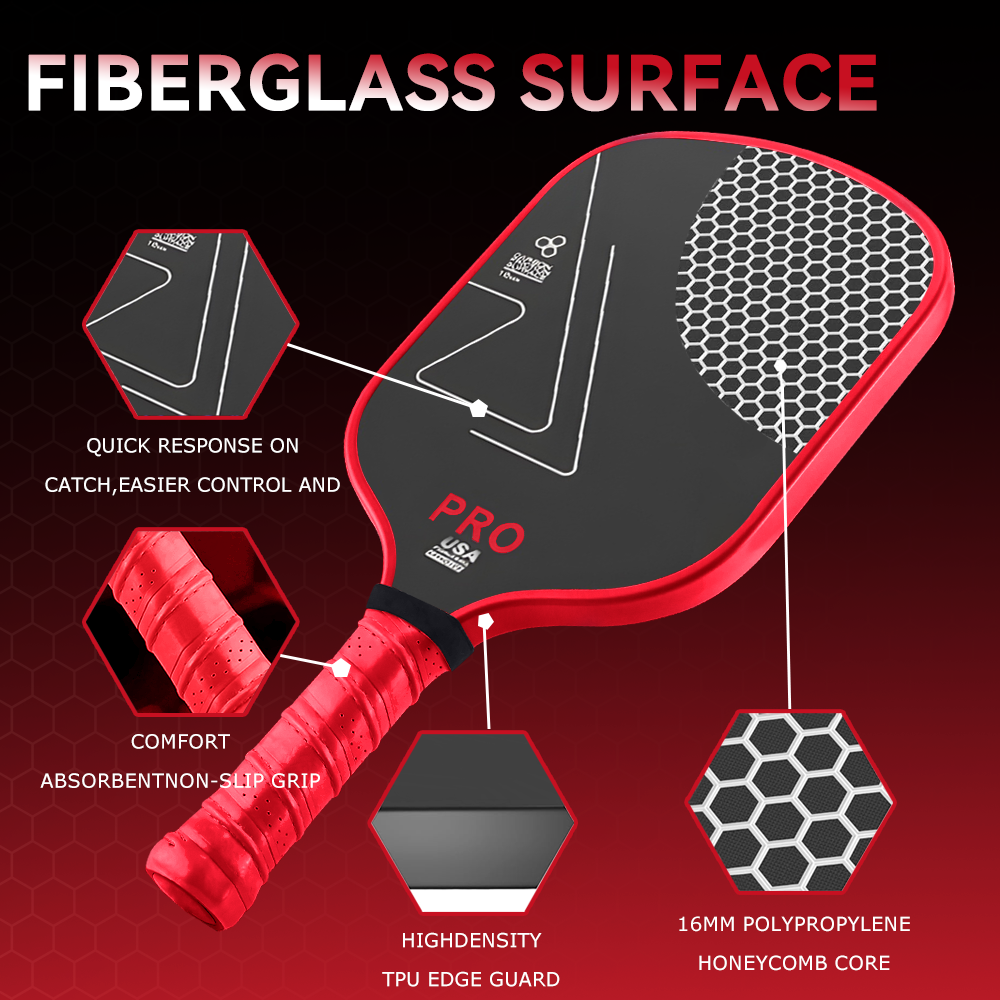
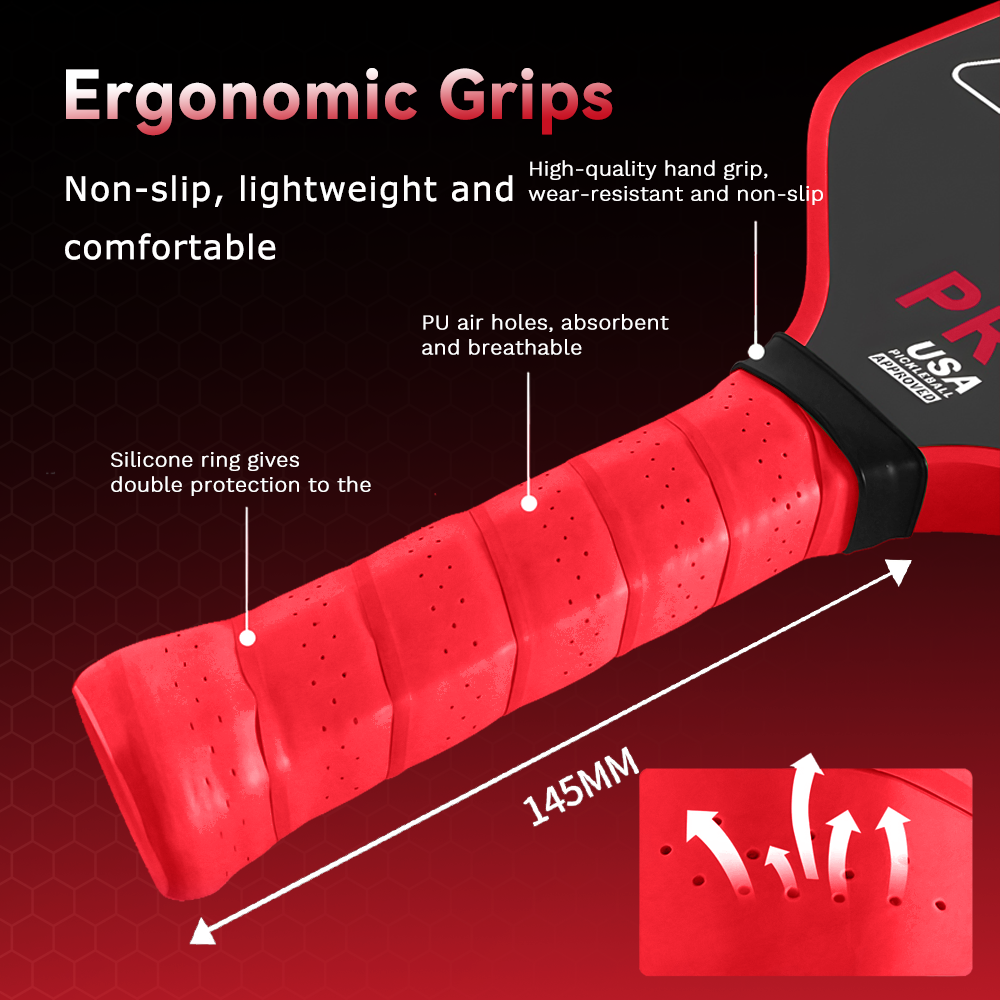
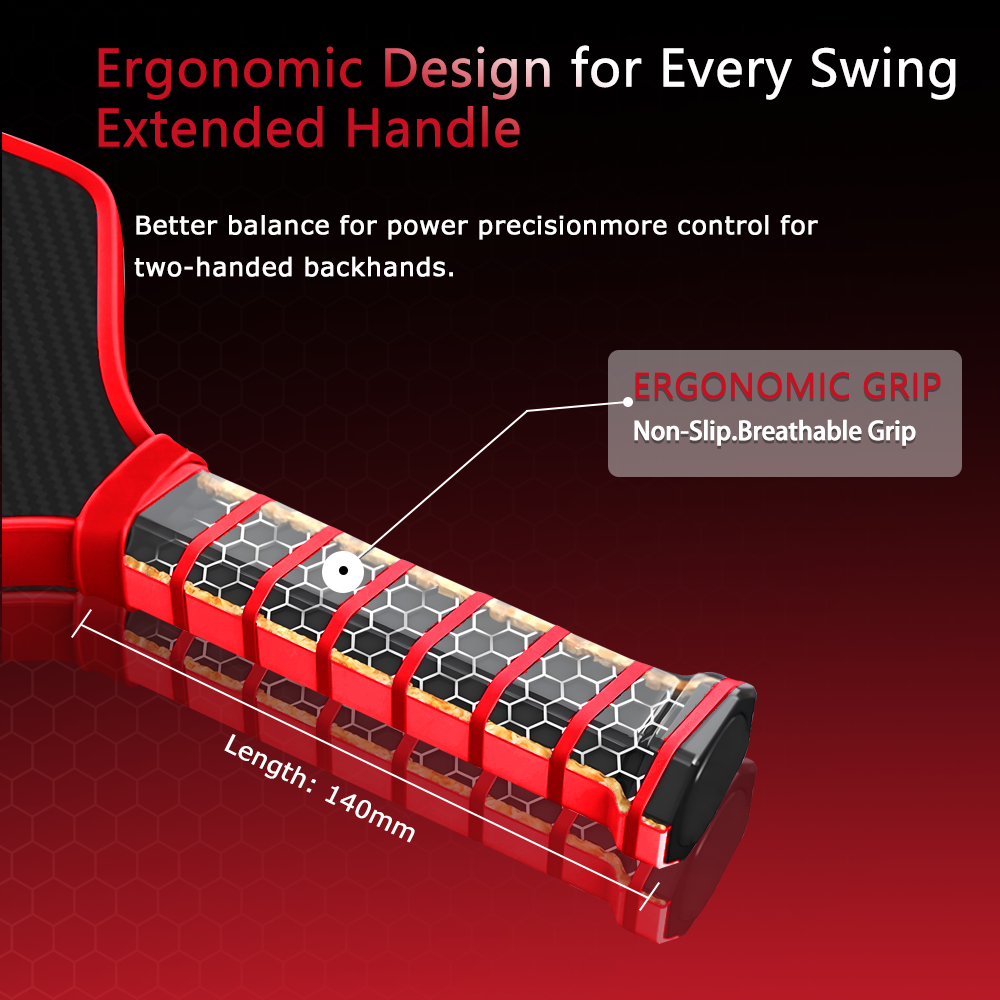
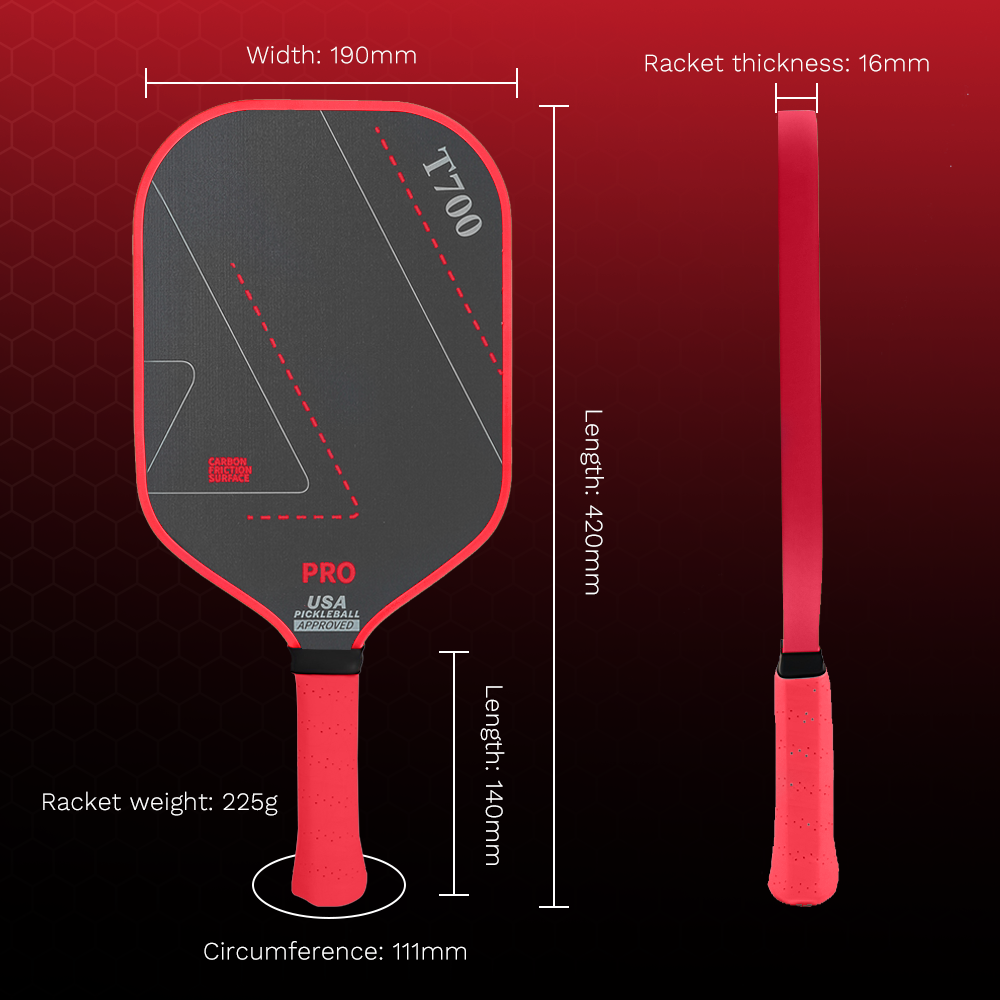
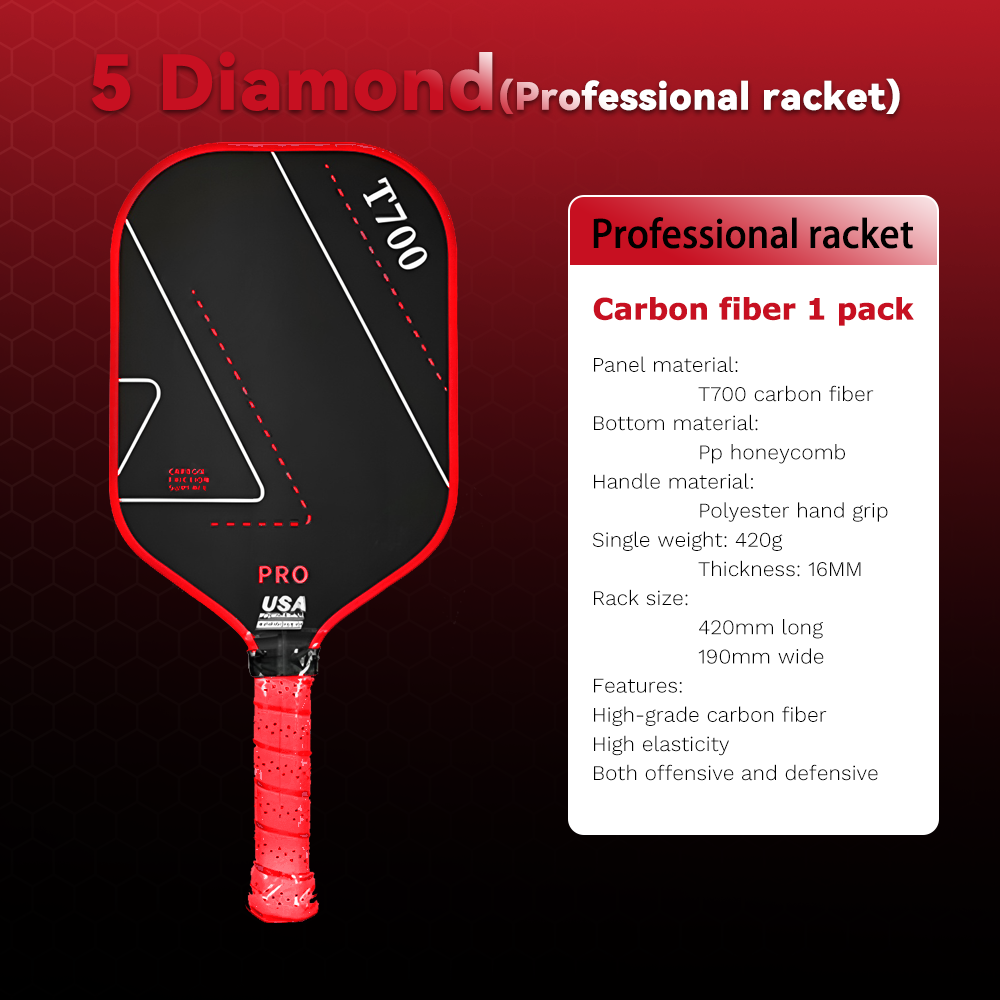
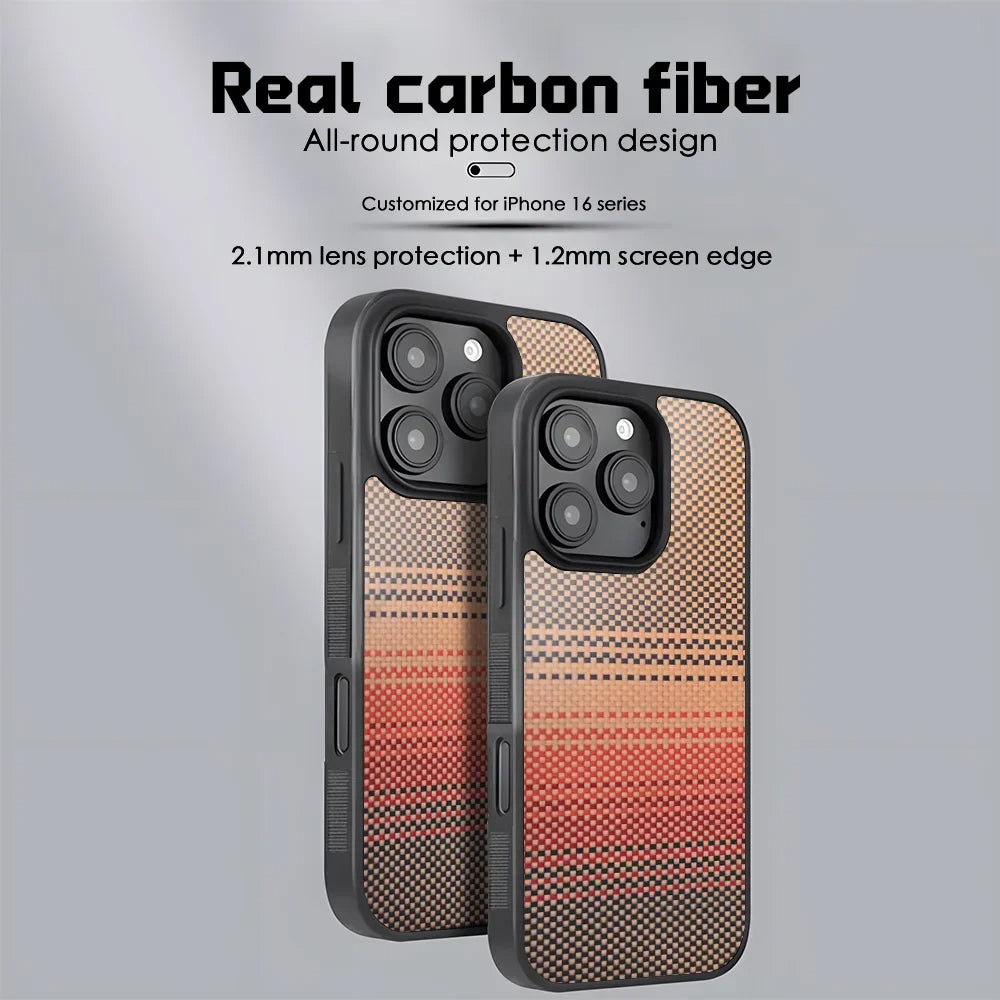
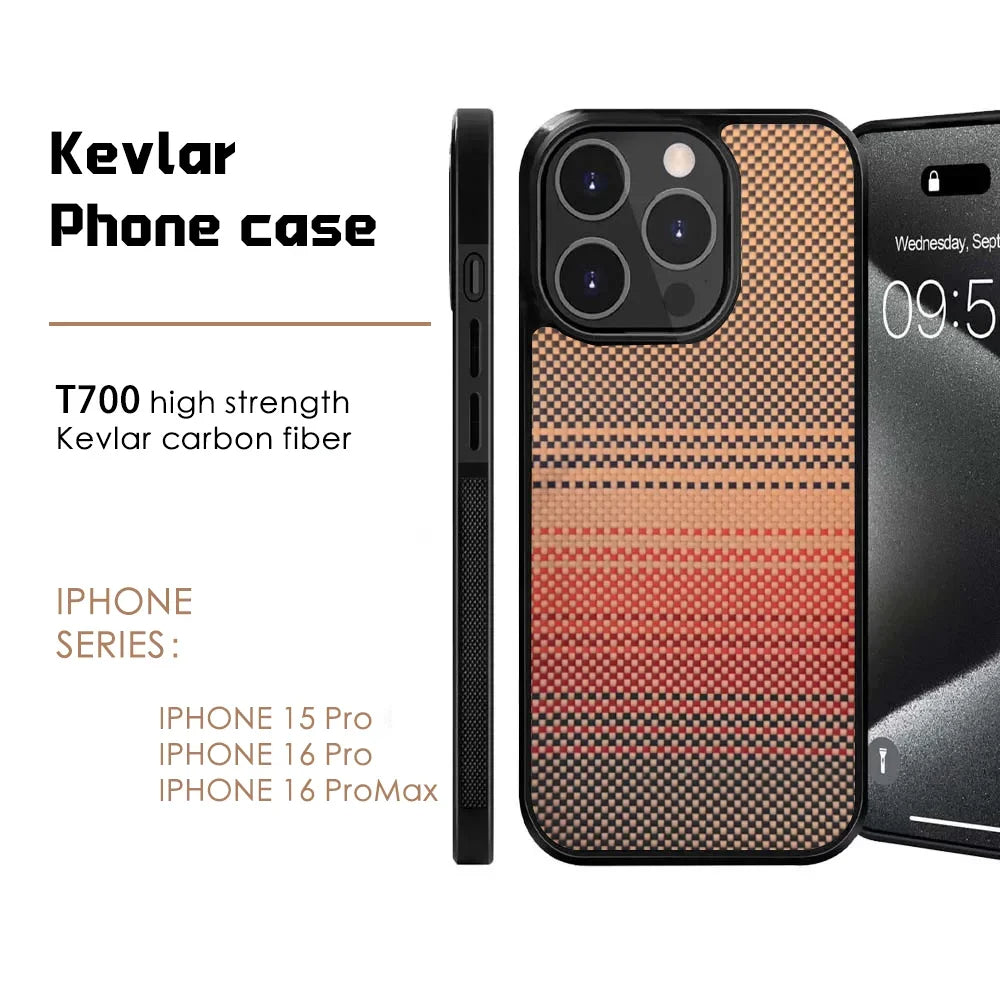
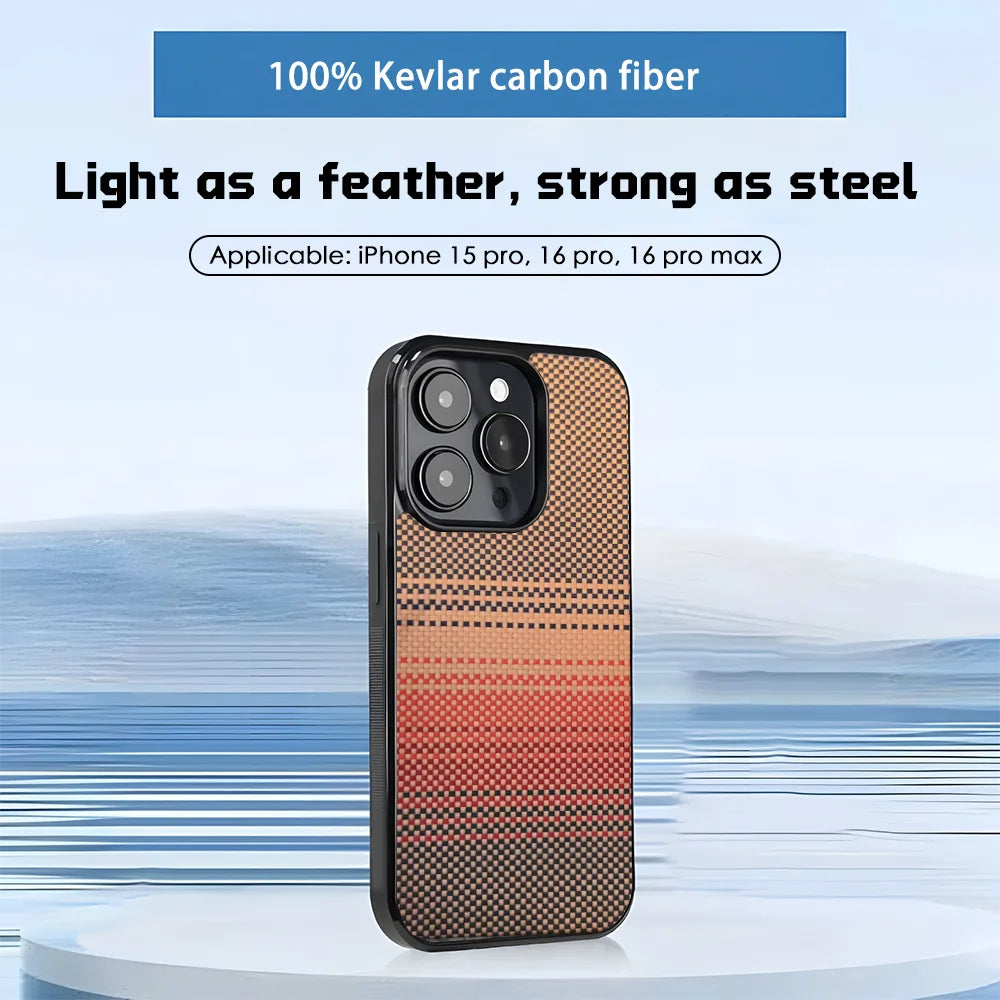
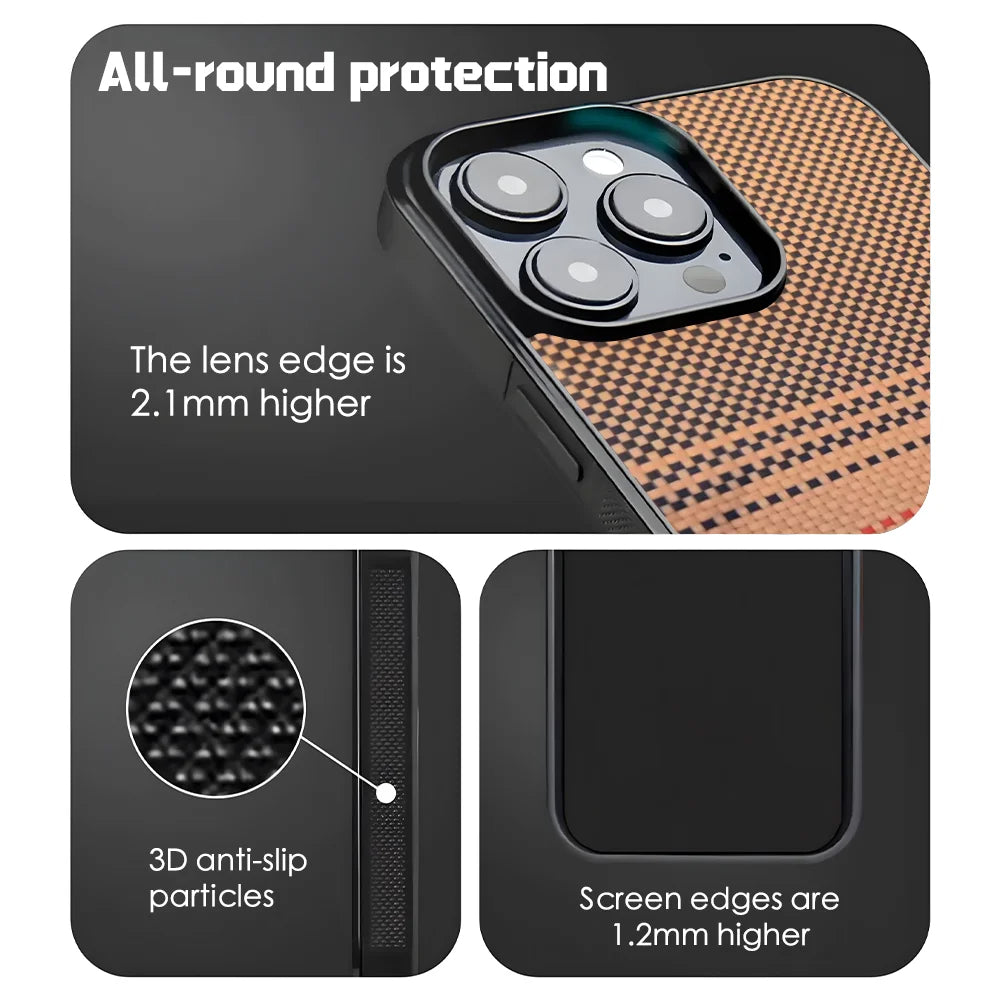
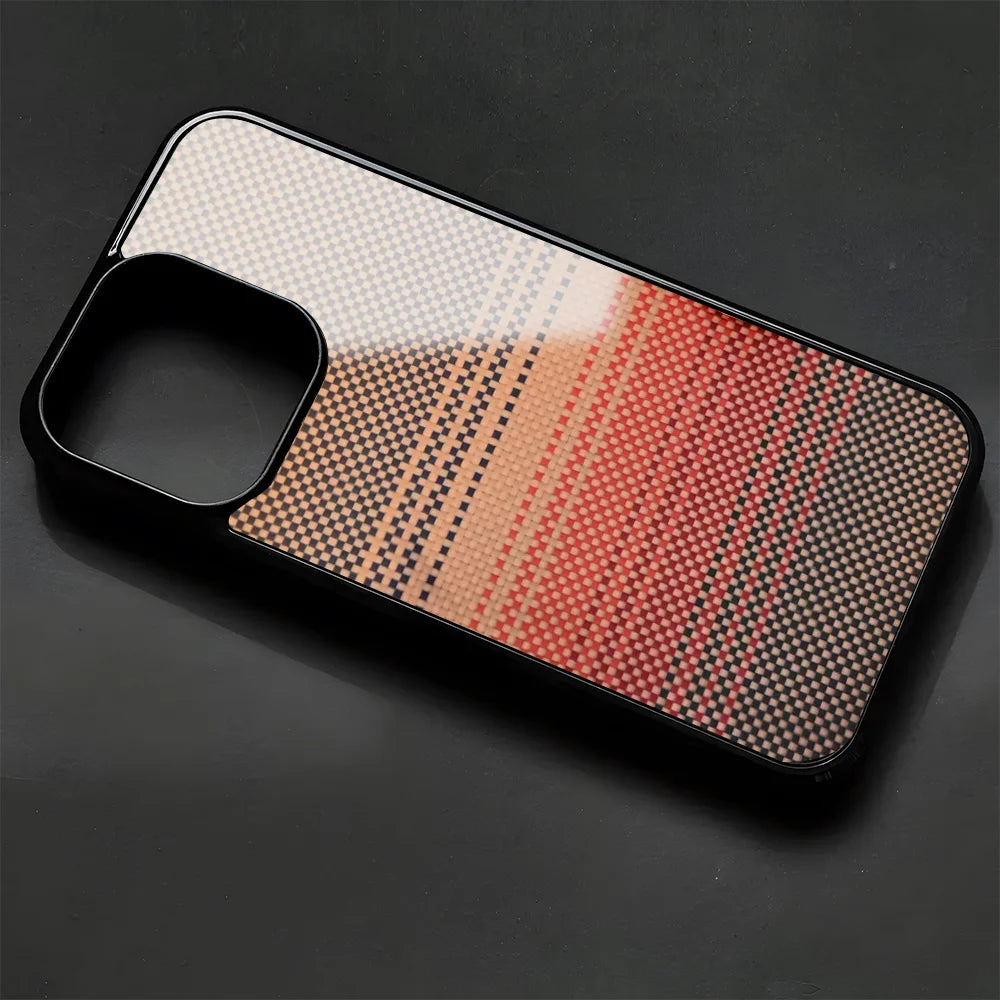
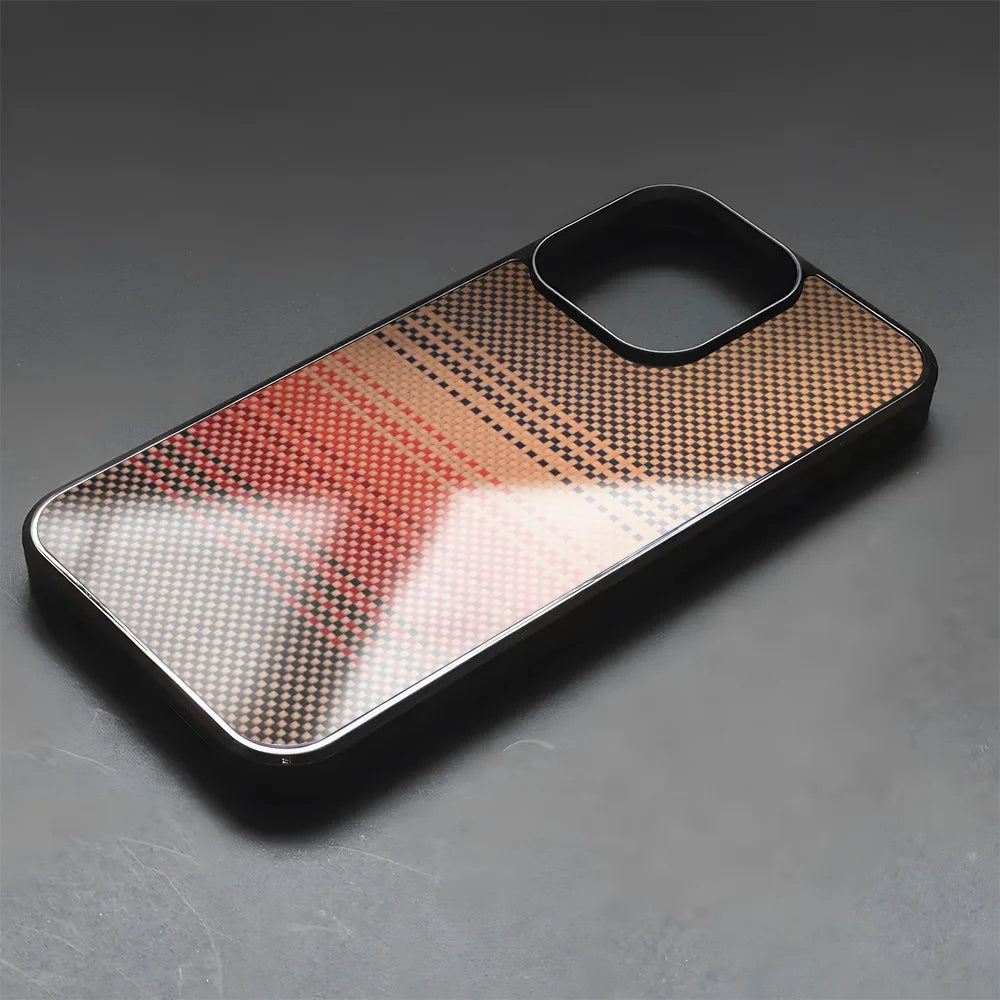
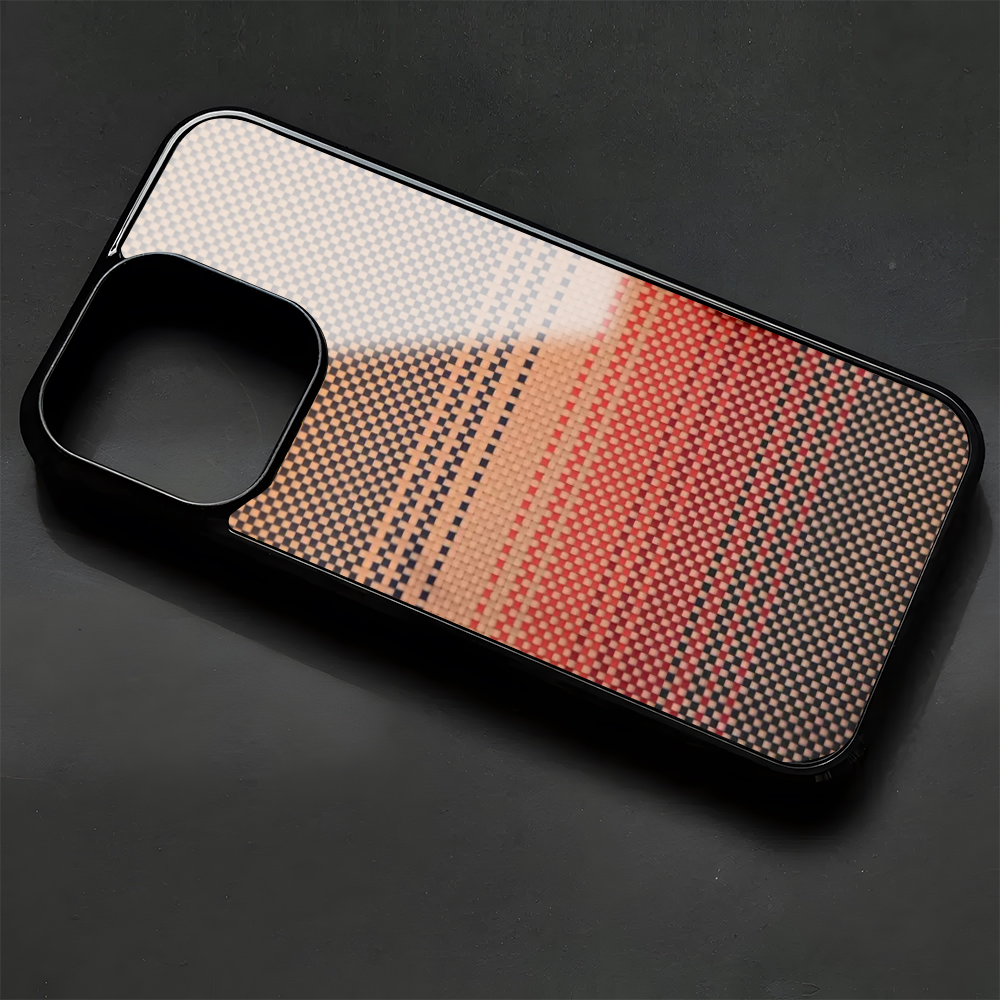
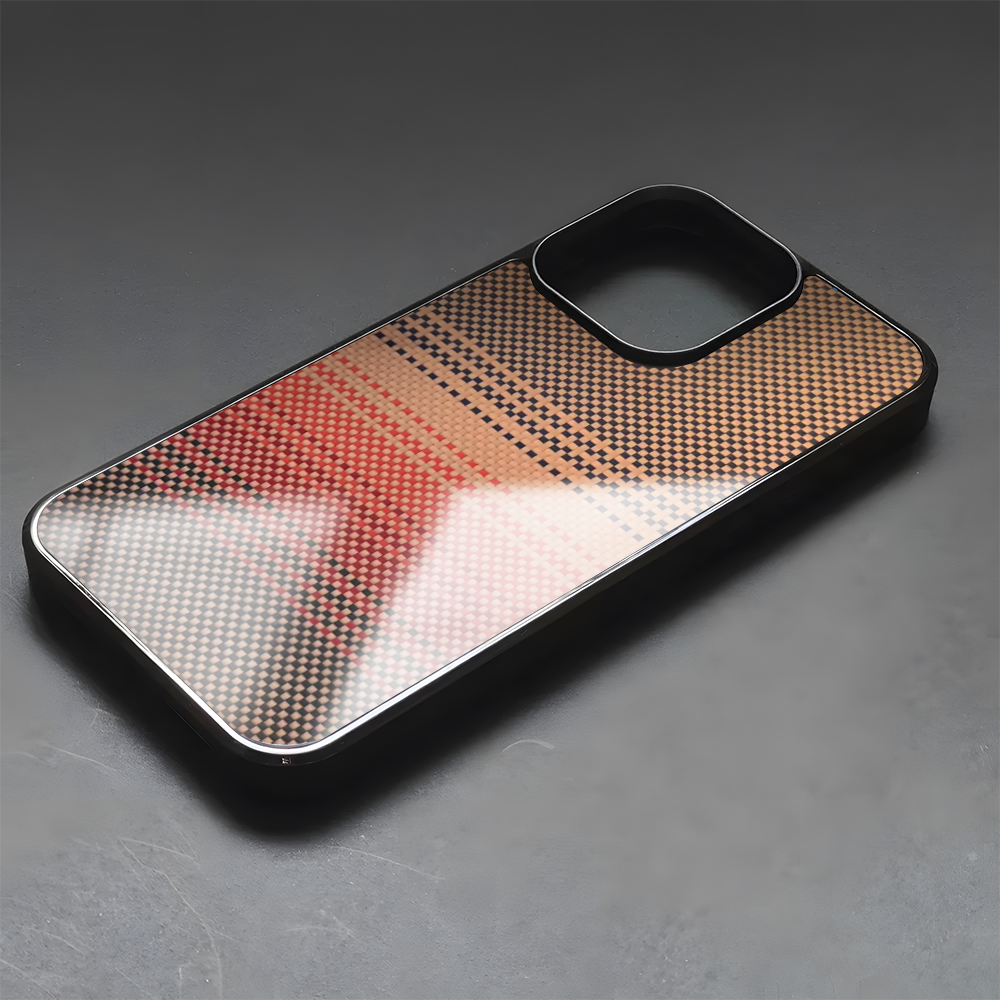
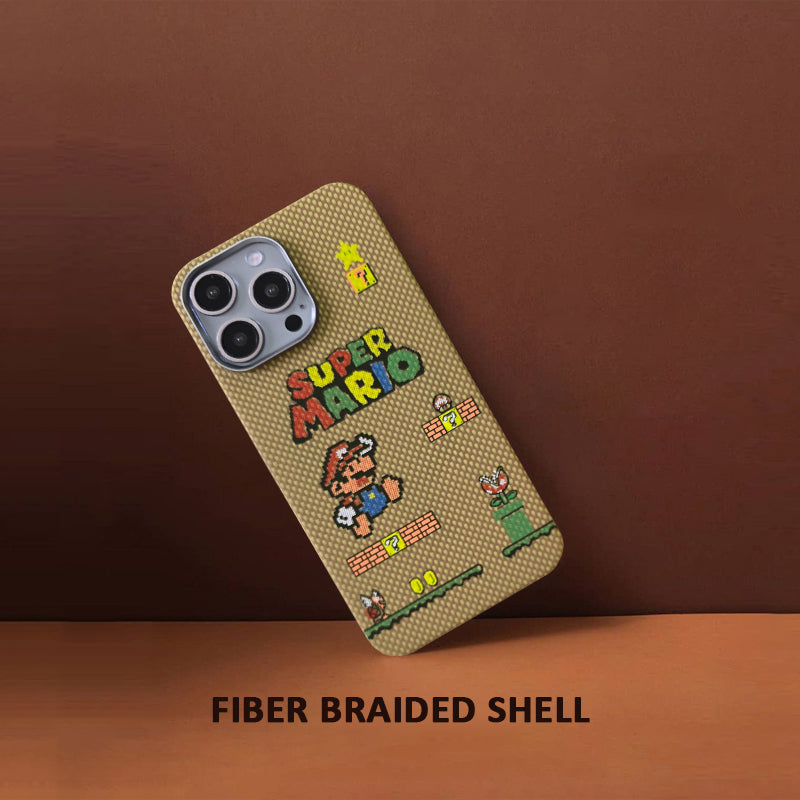
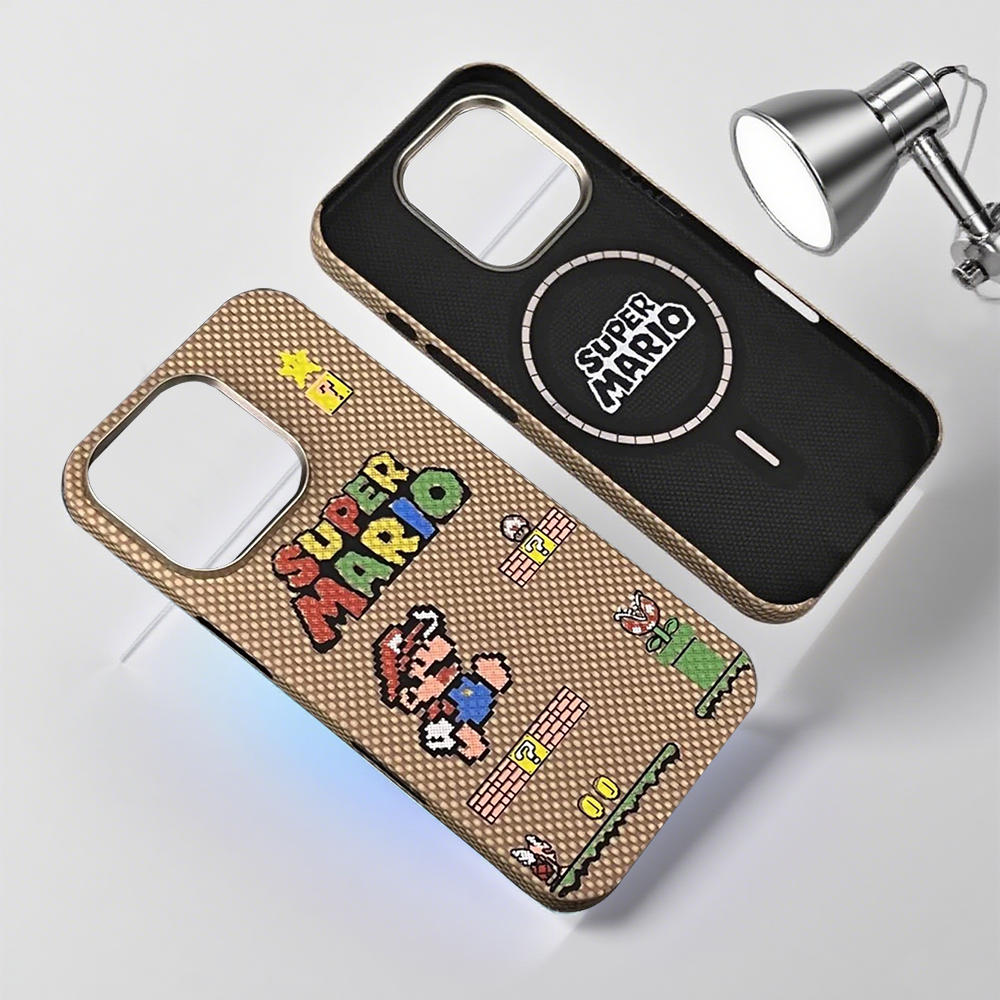
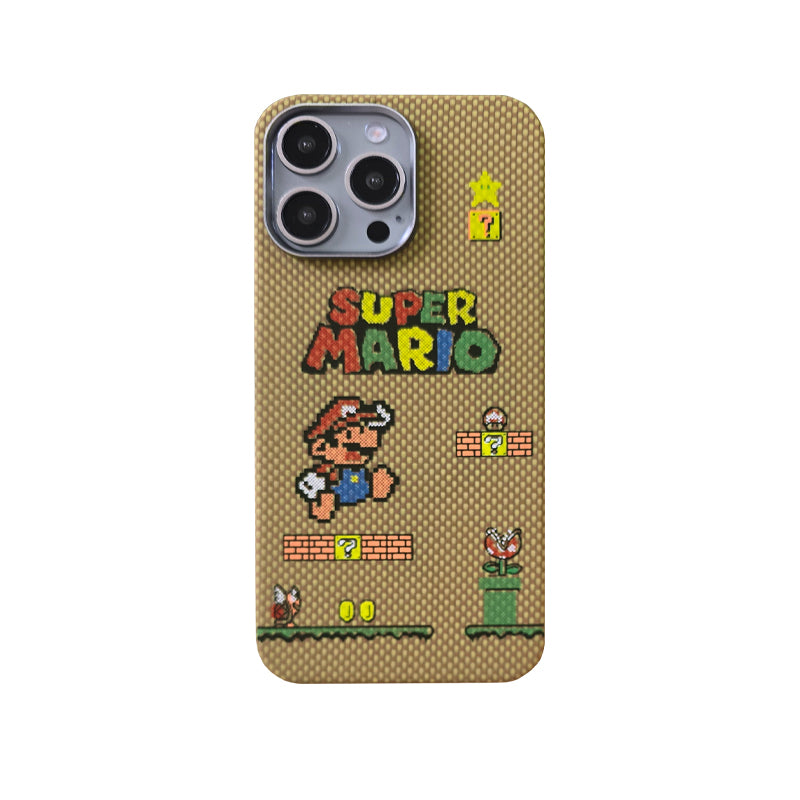
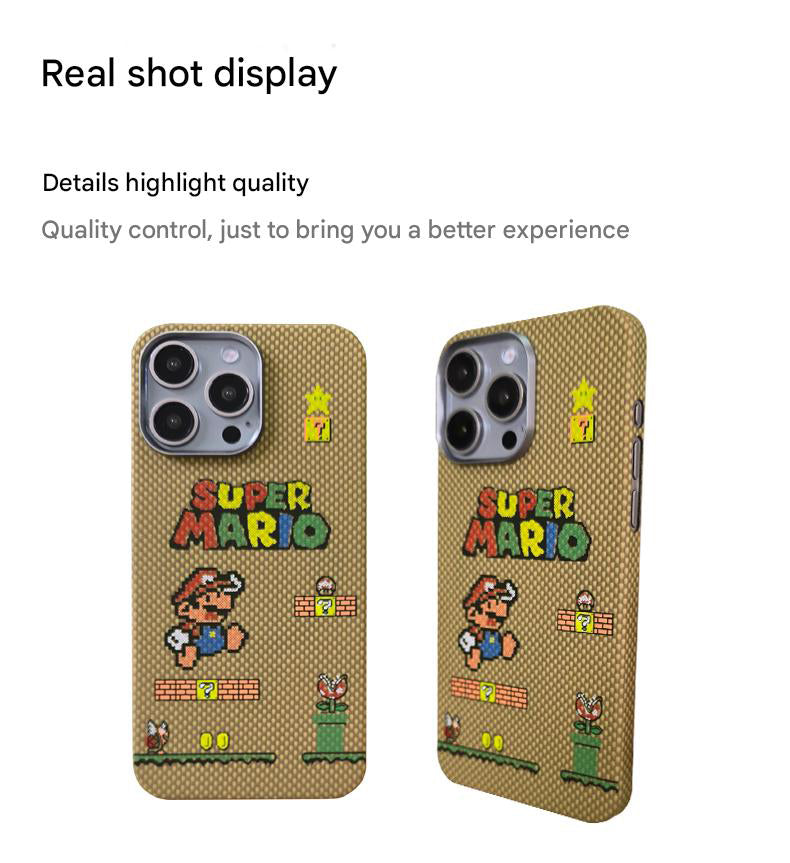
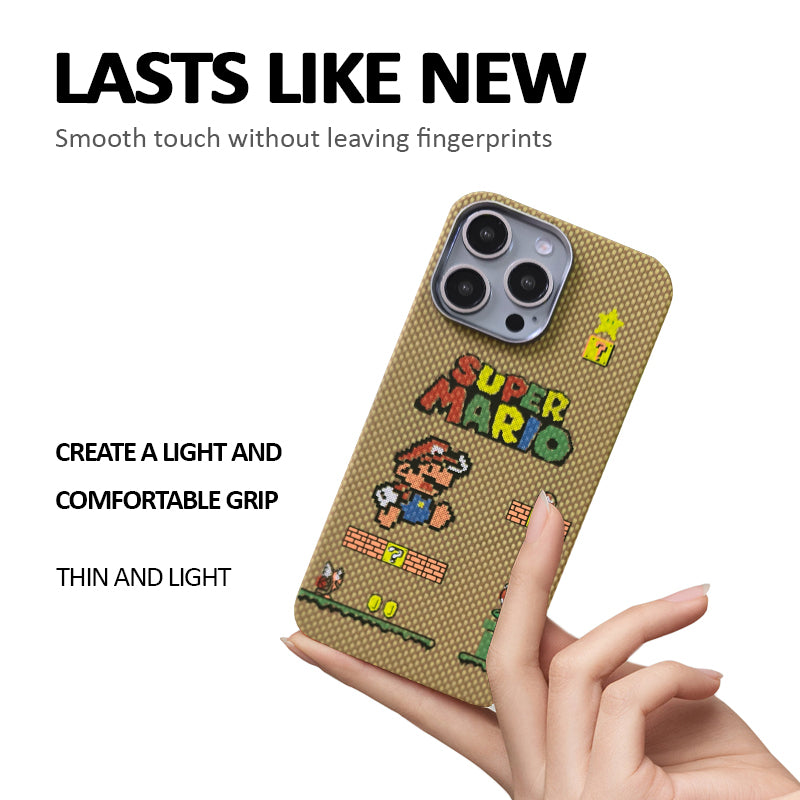
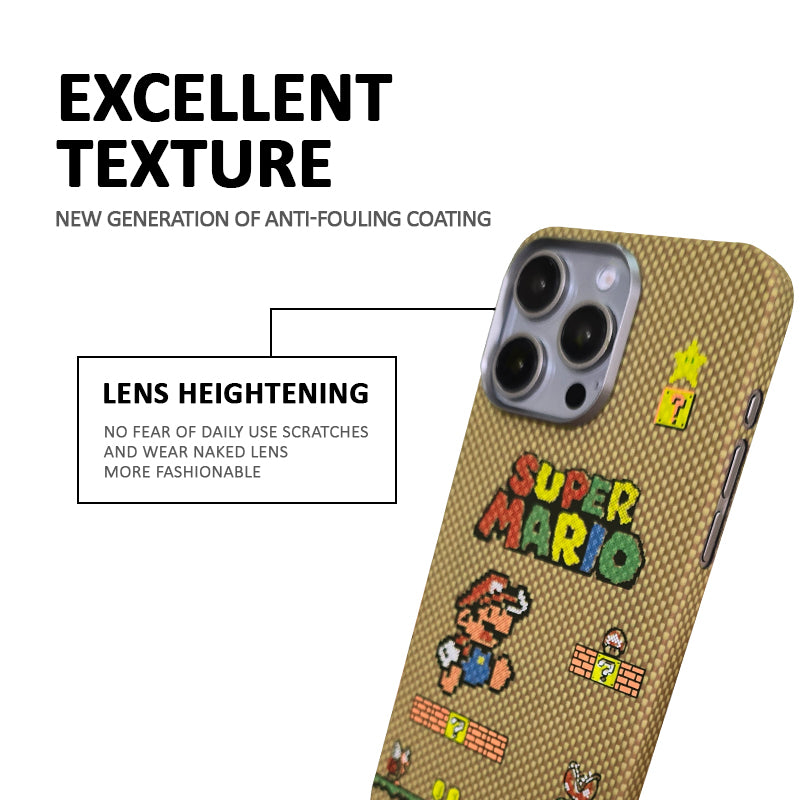
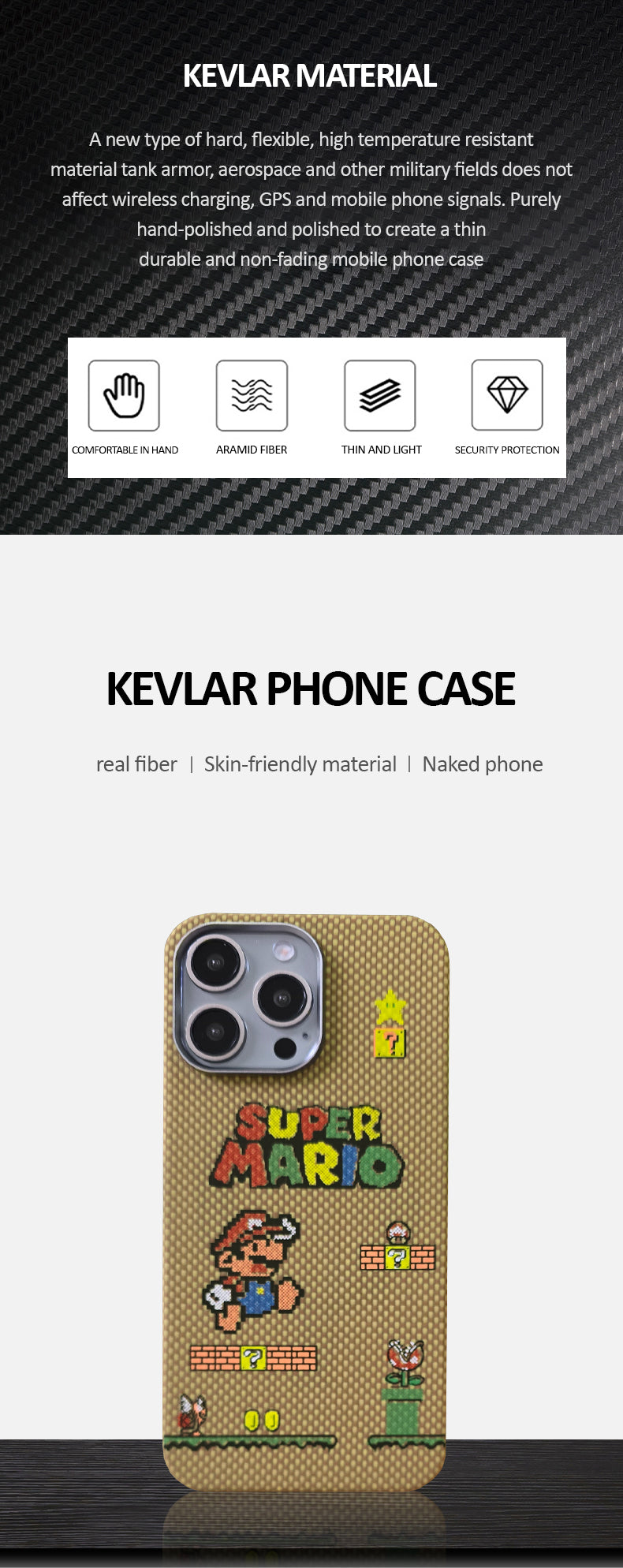
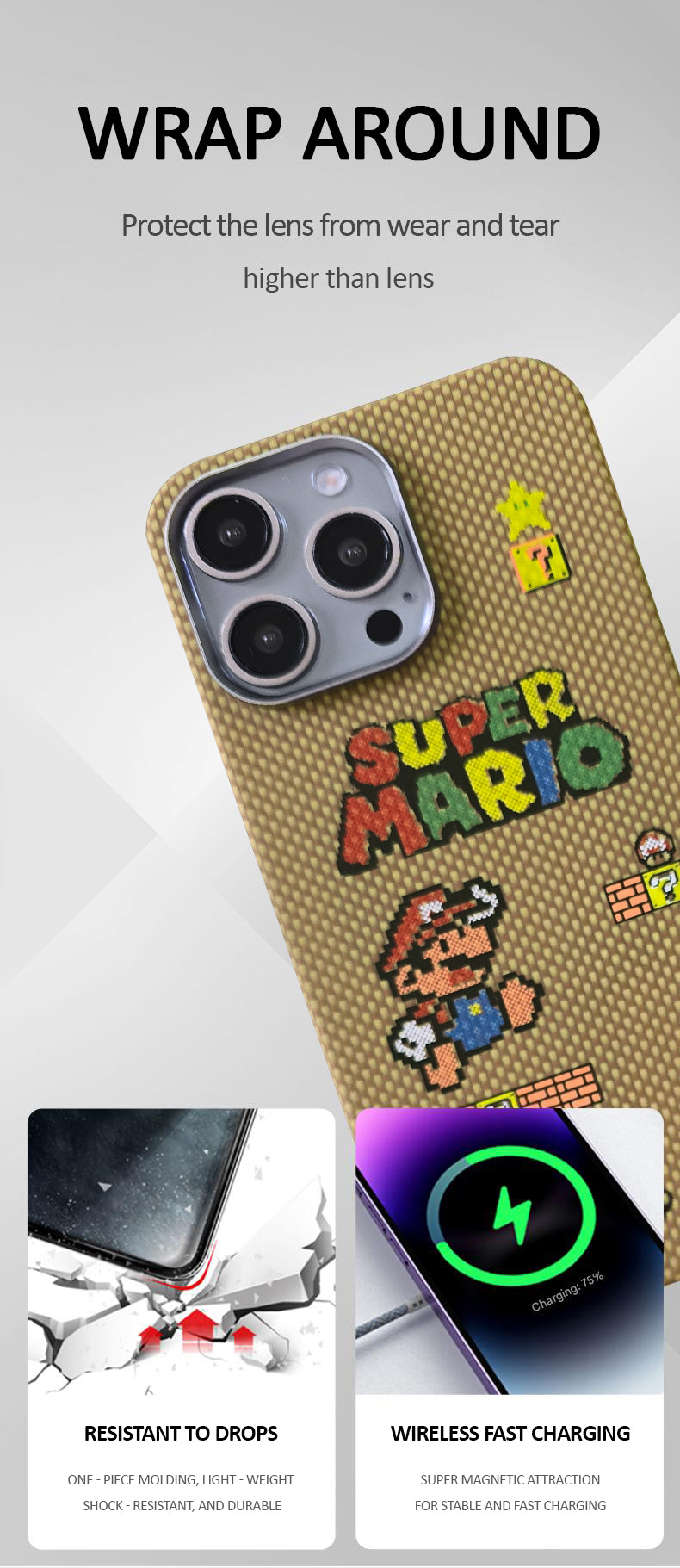
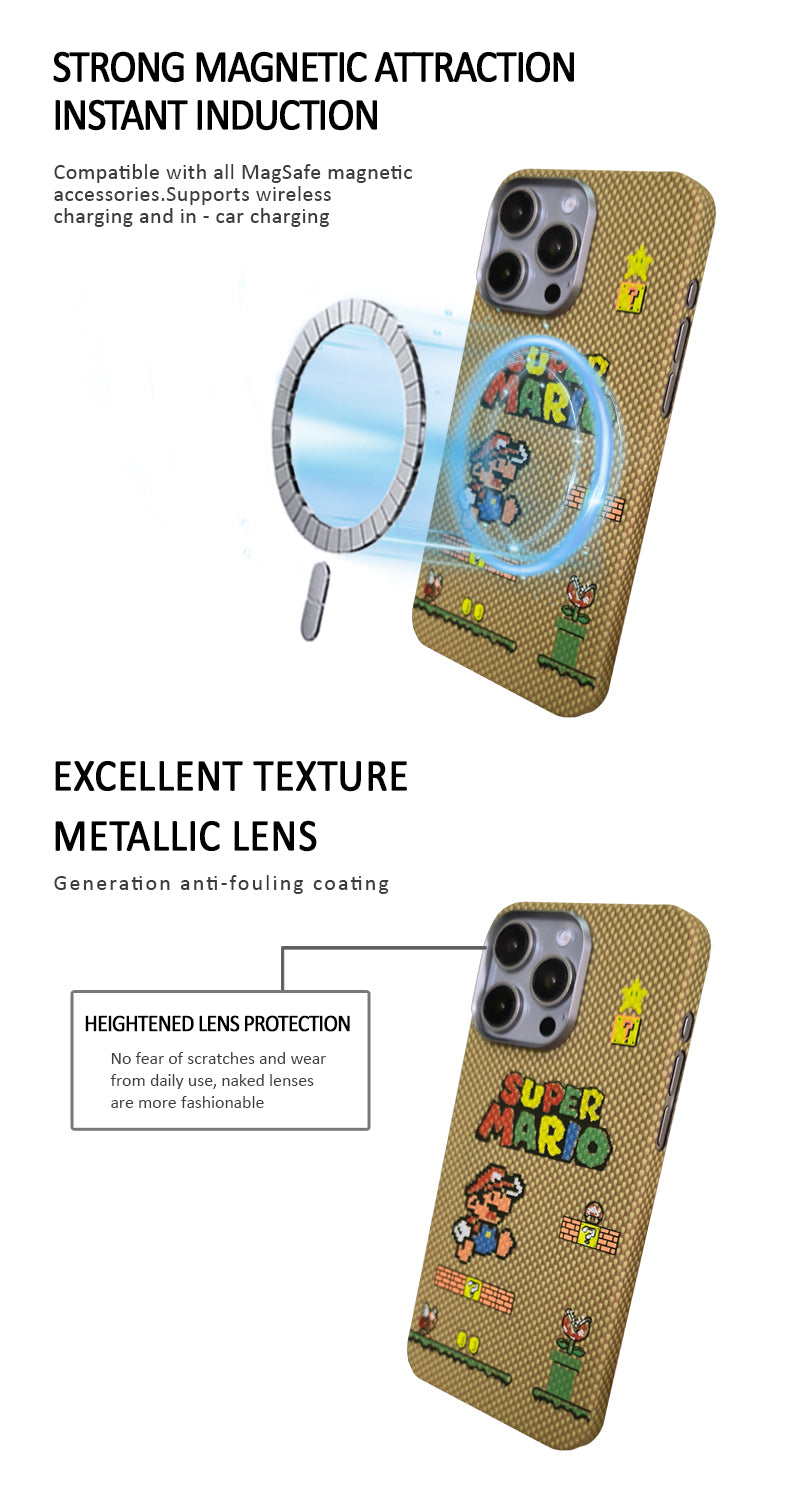
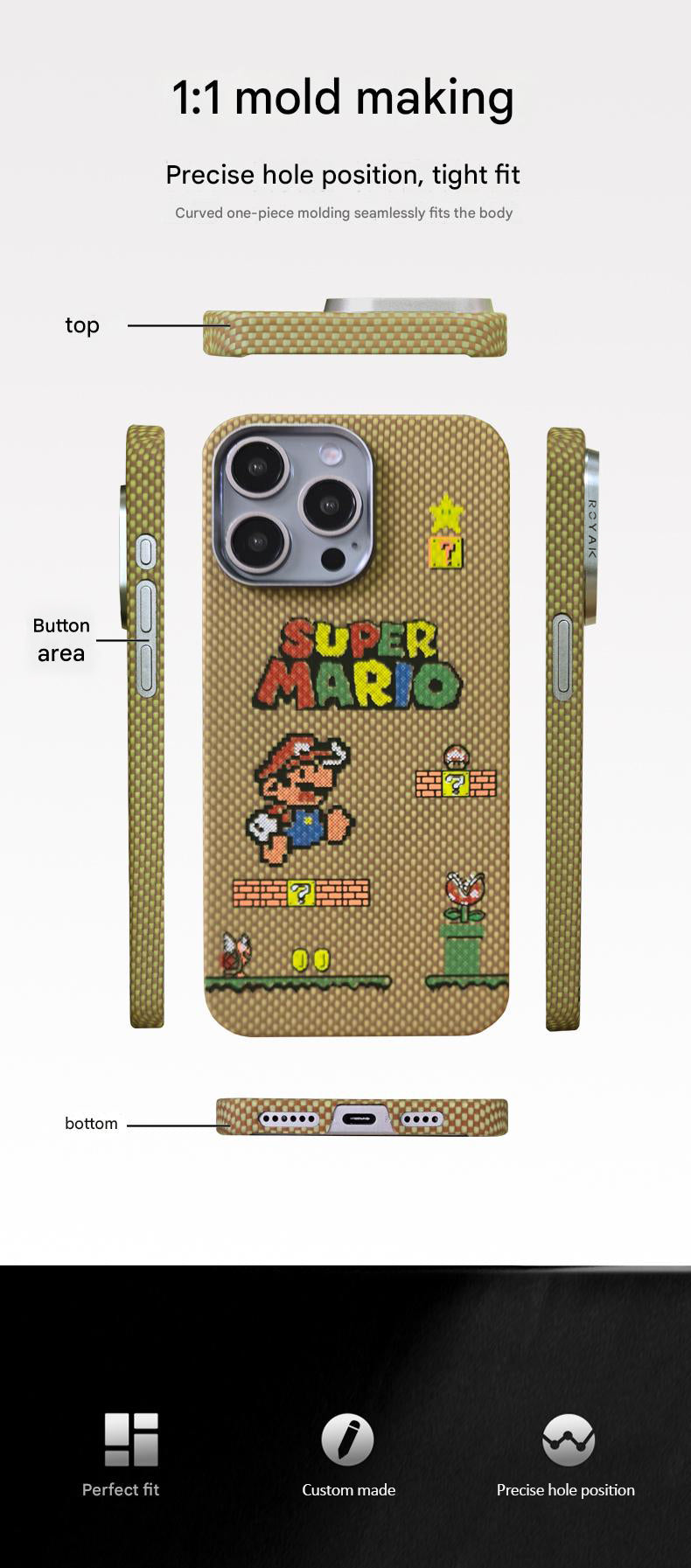
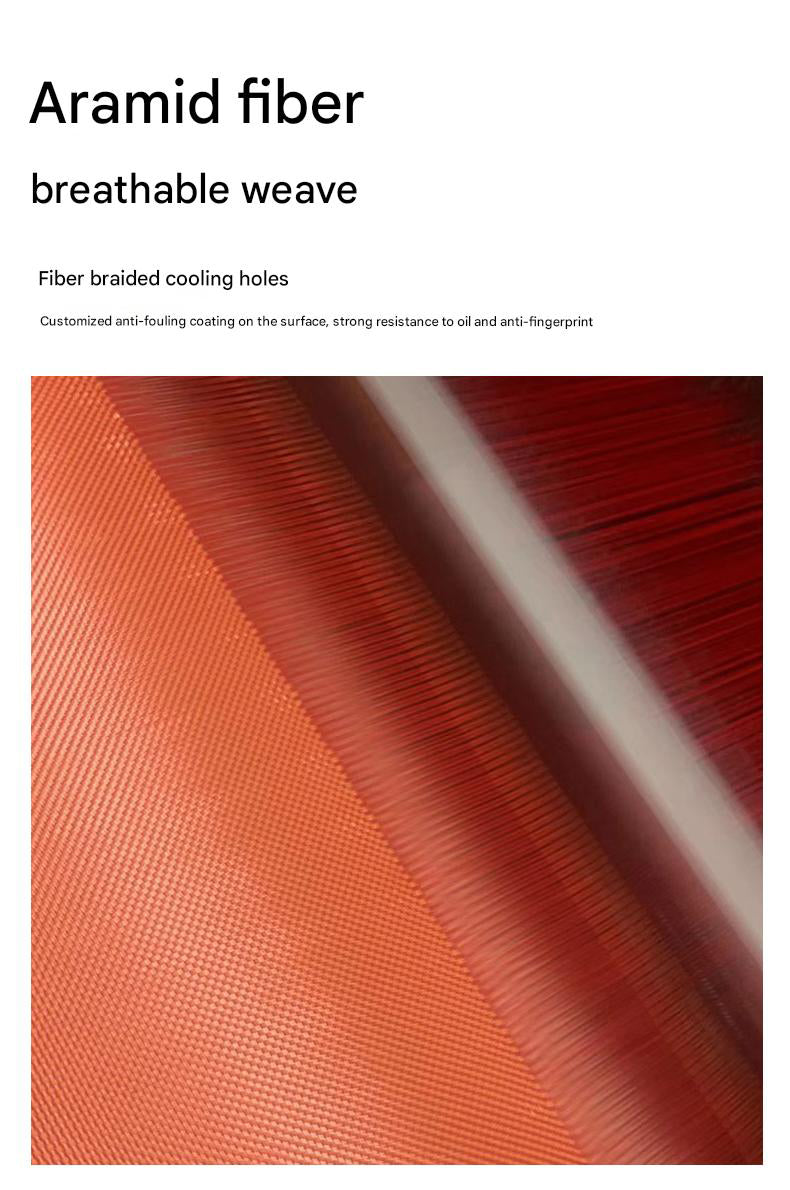
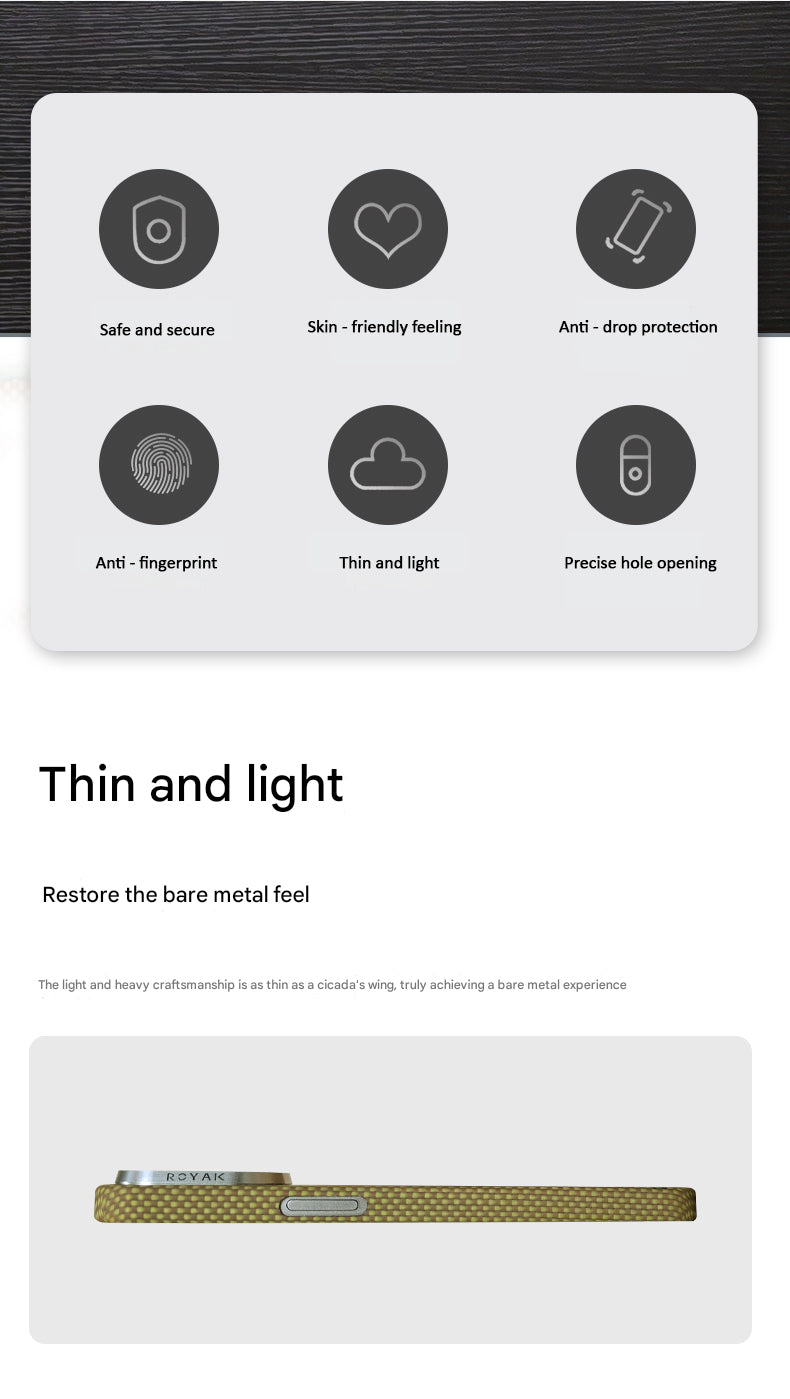
0件のコメント